500+ Greatest Tattoo Ideas For Your Next Tattoo

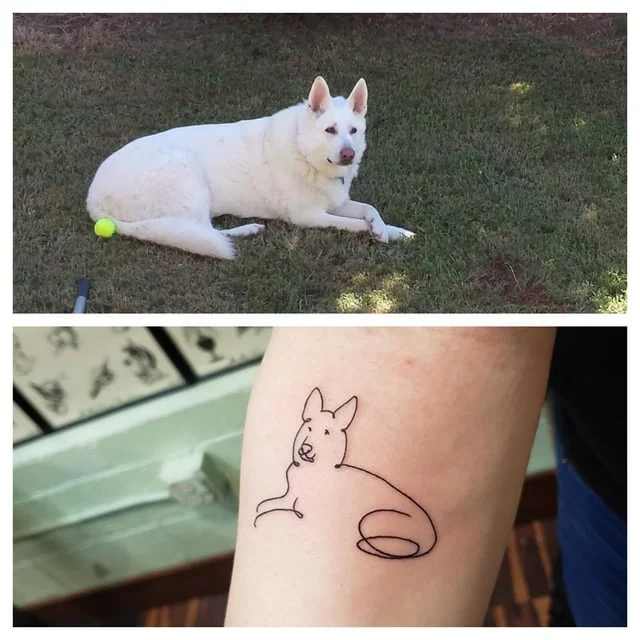
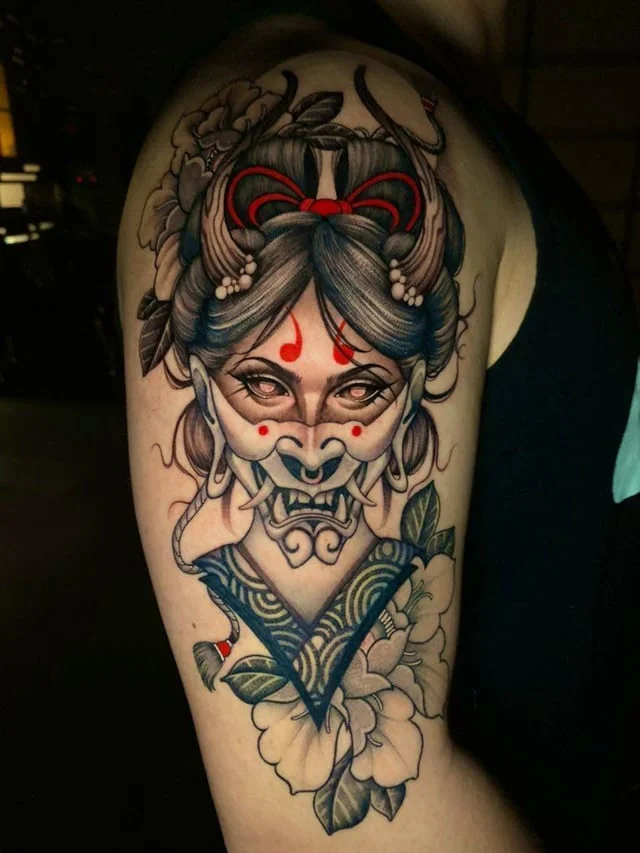
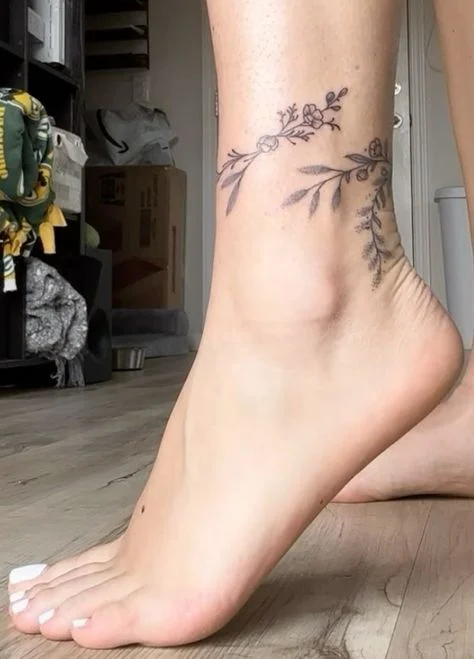
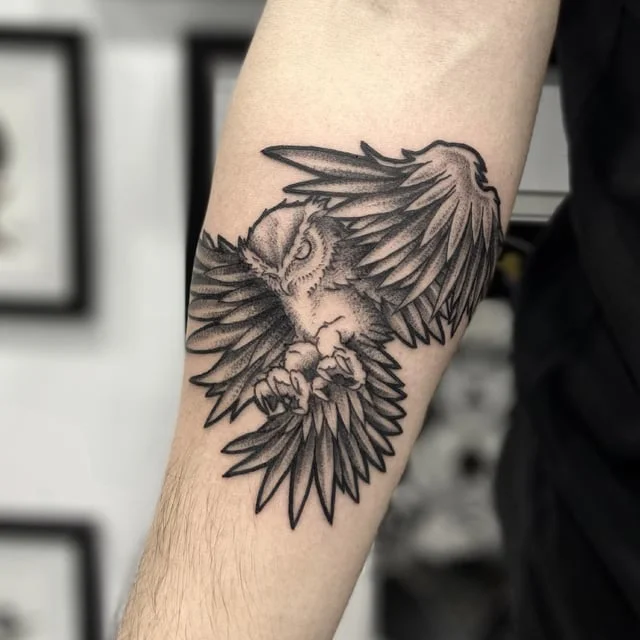
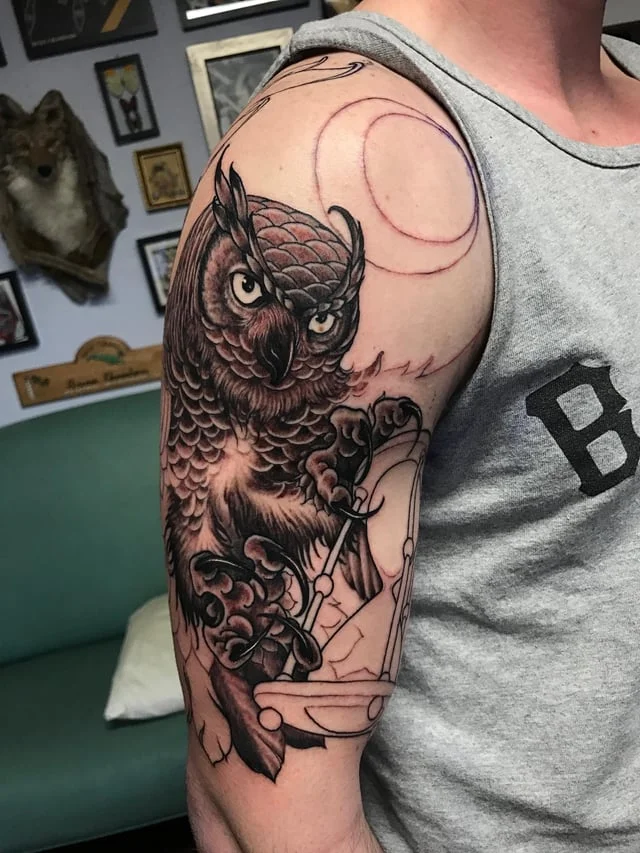
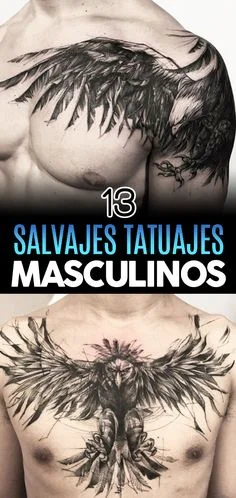
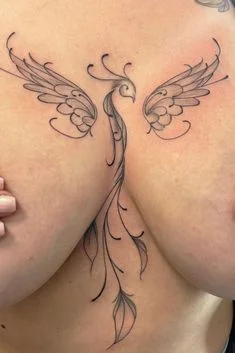
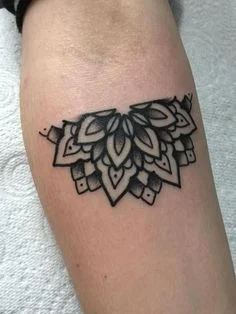
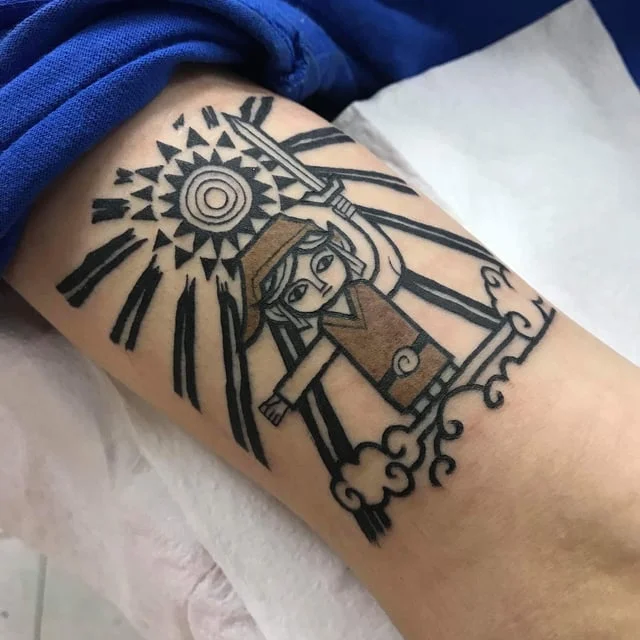
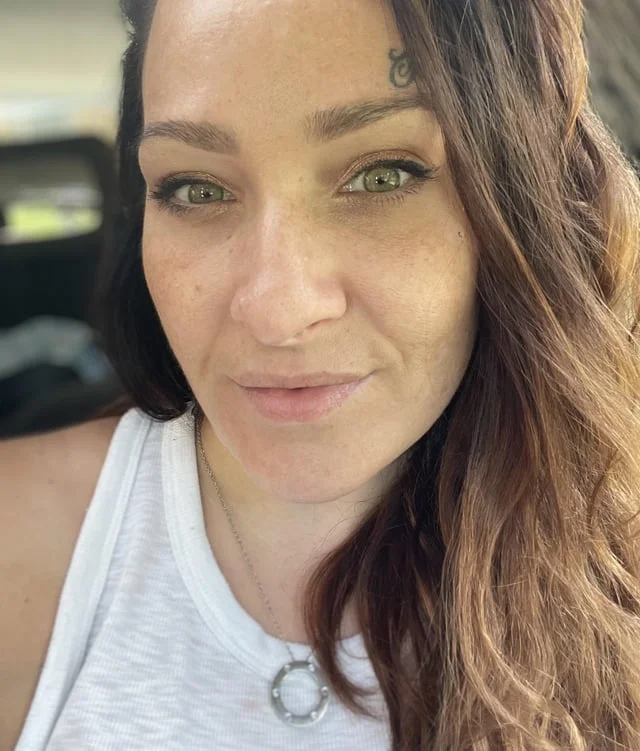
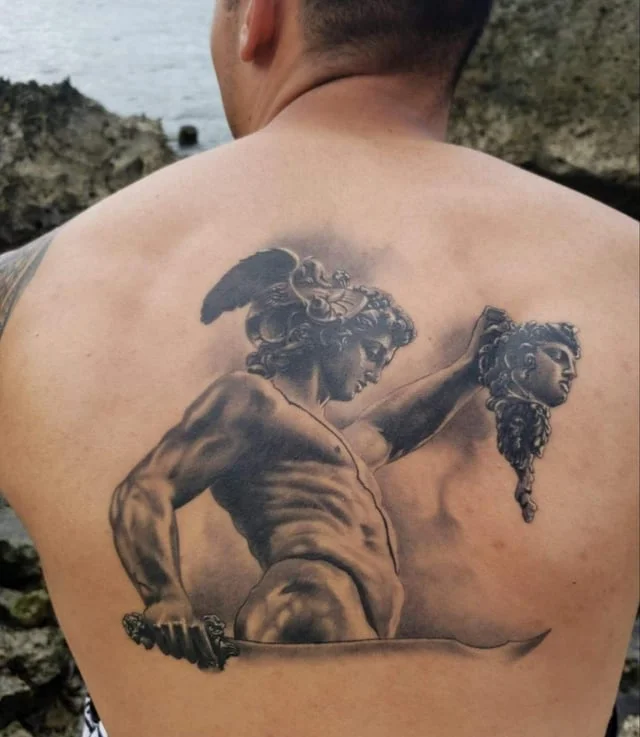
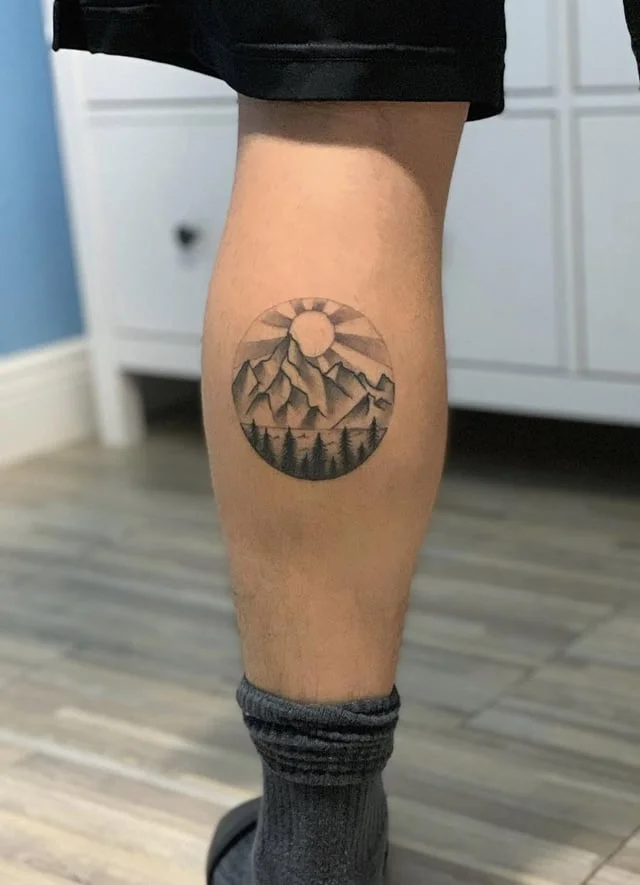

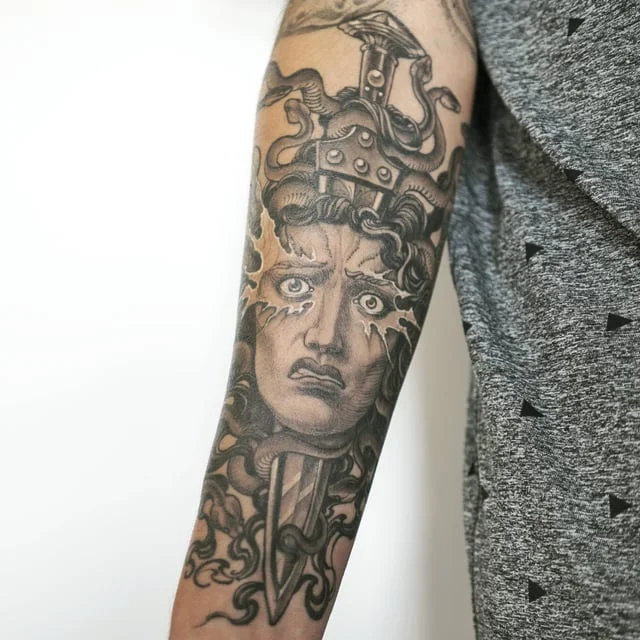
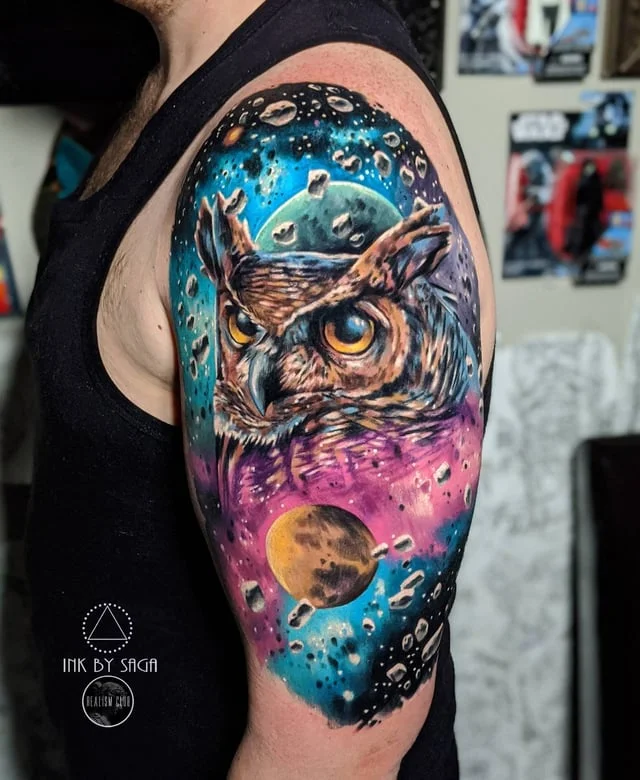
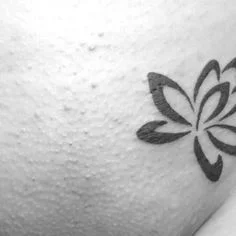
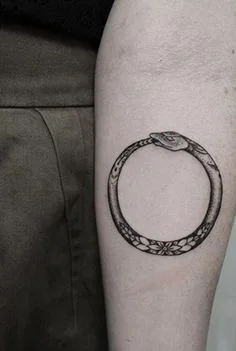
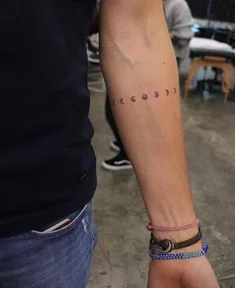
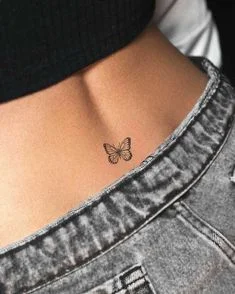
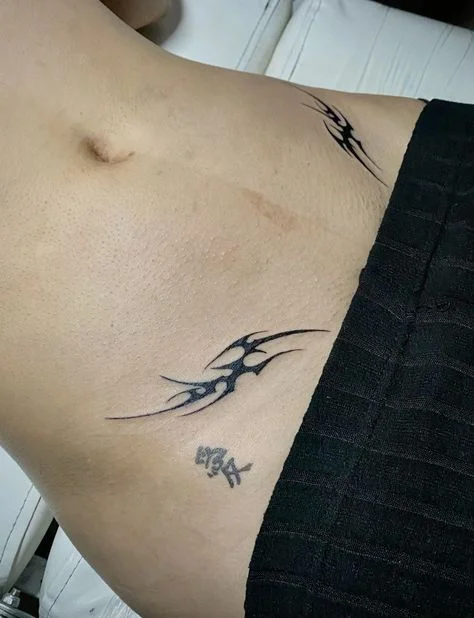
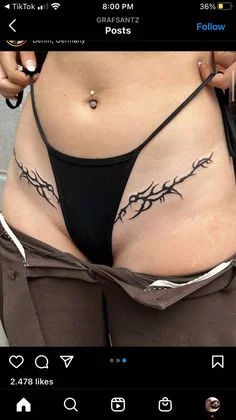
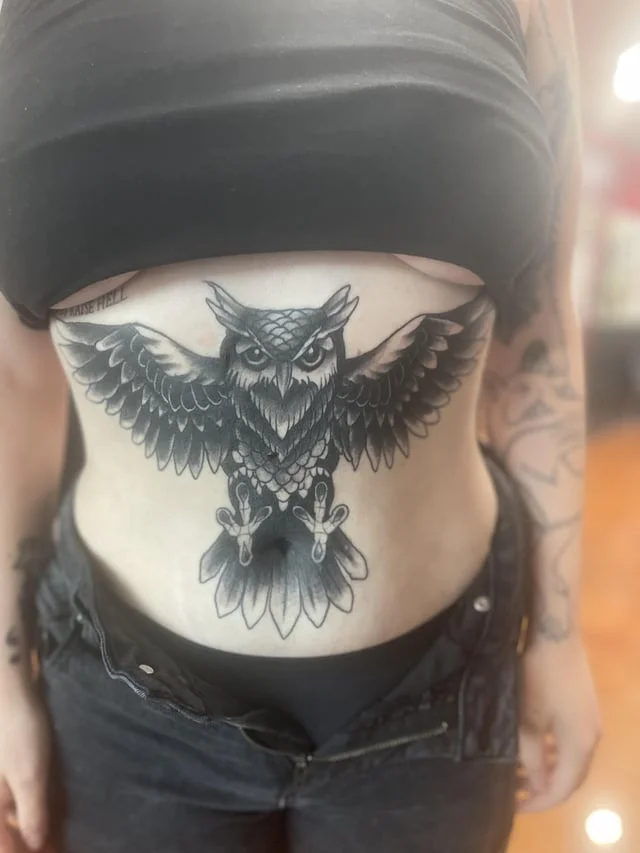
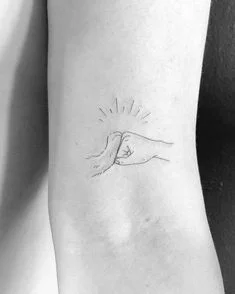
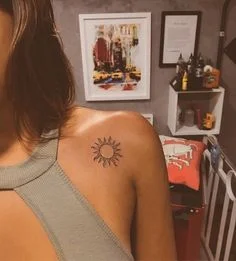
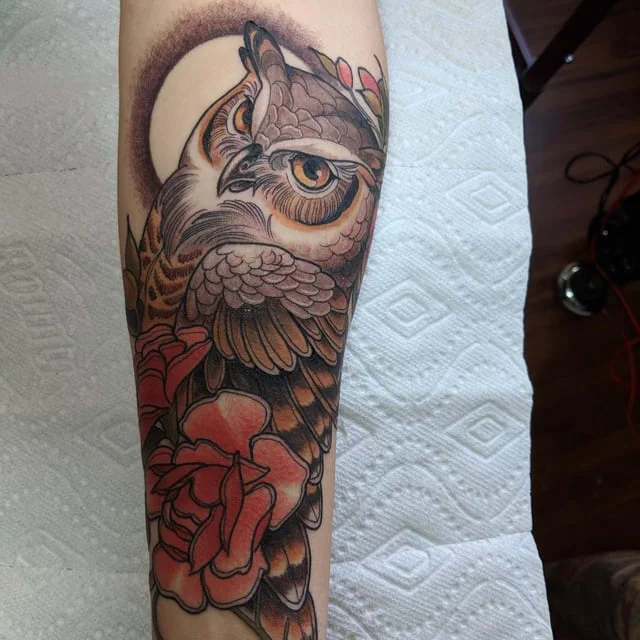
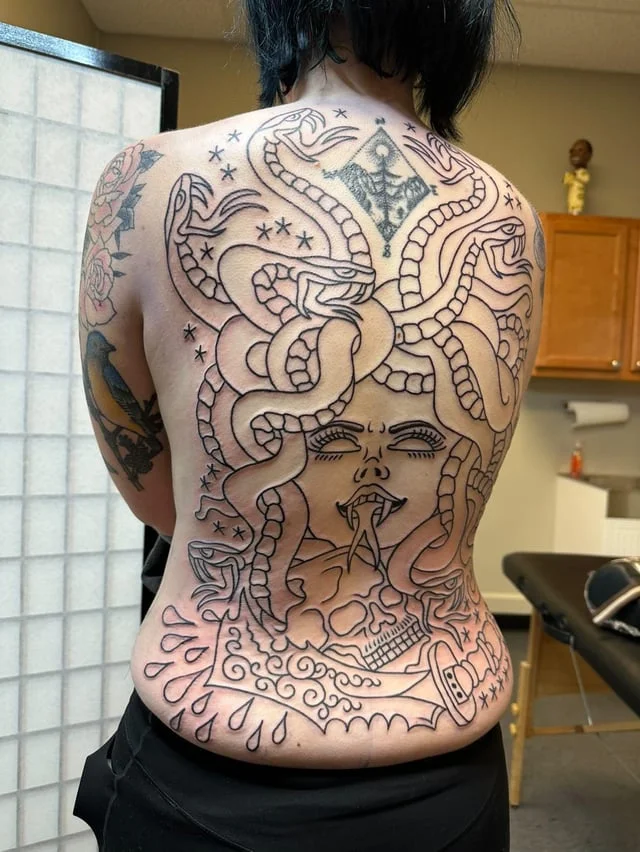
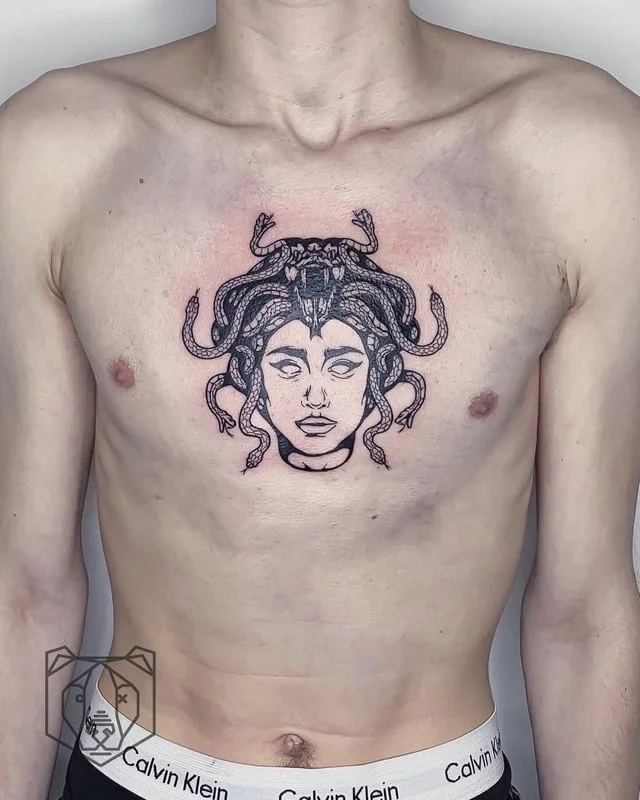
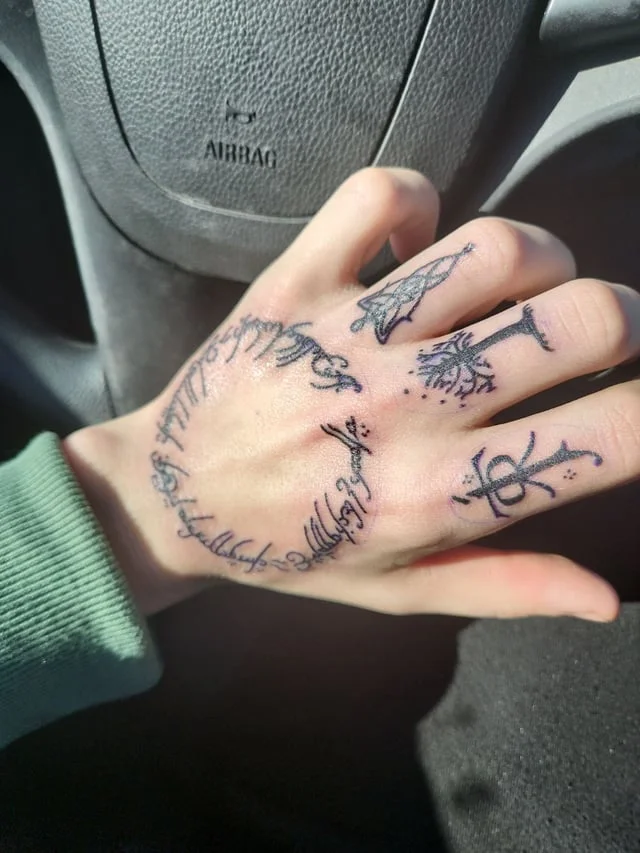
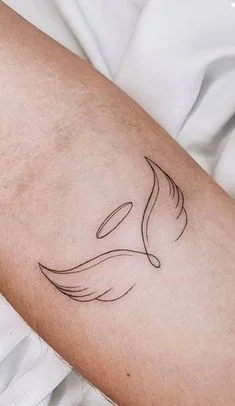
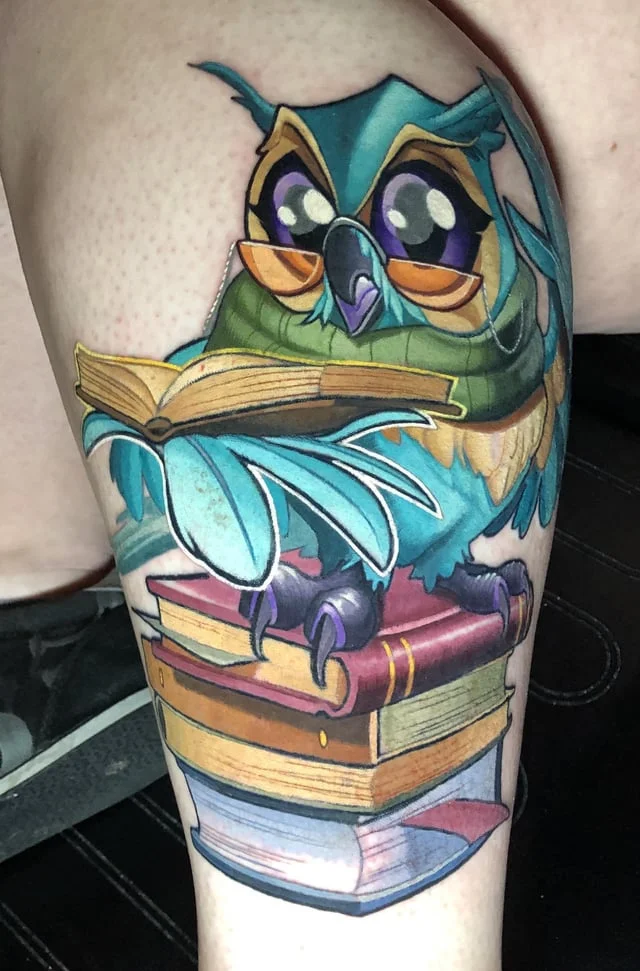
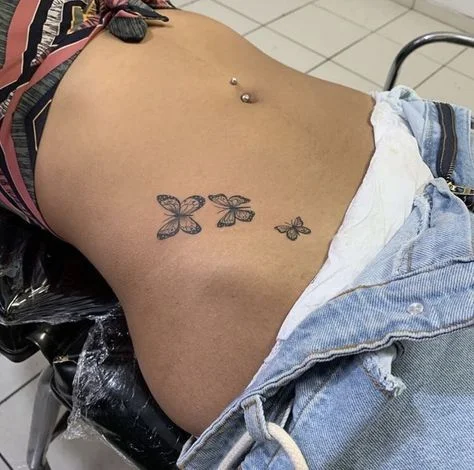

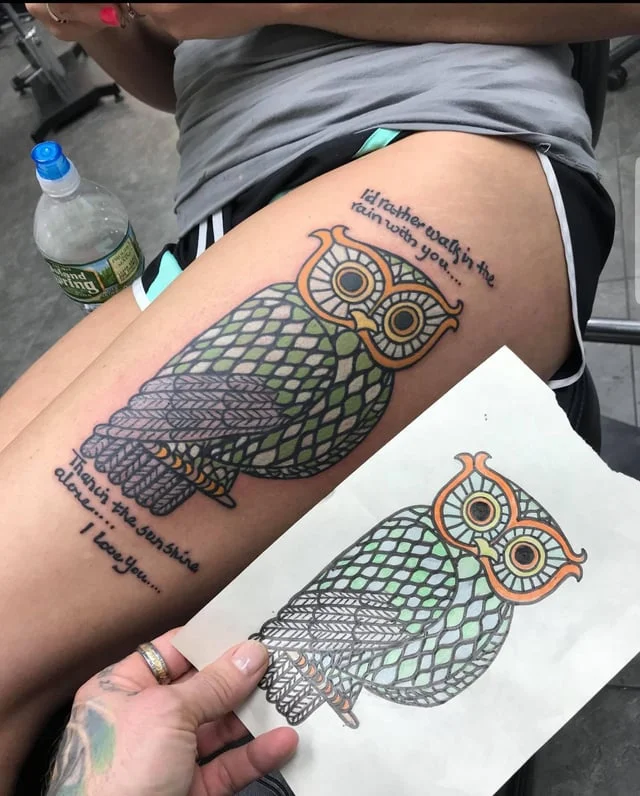
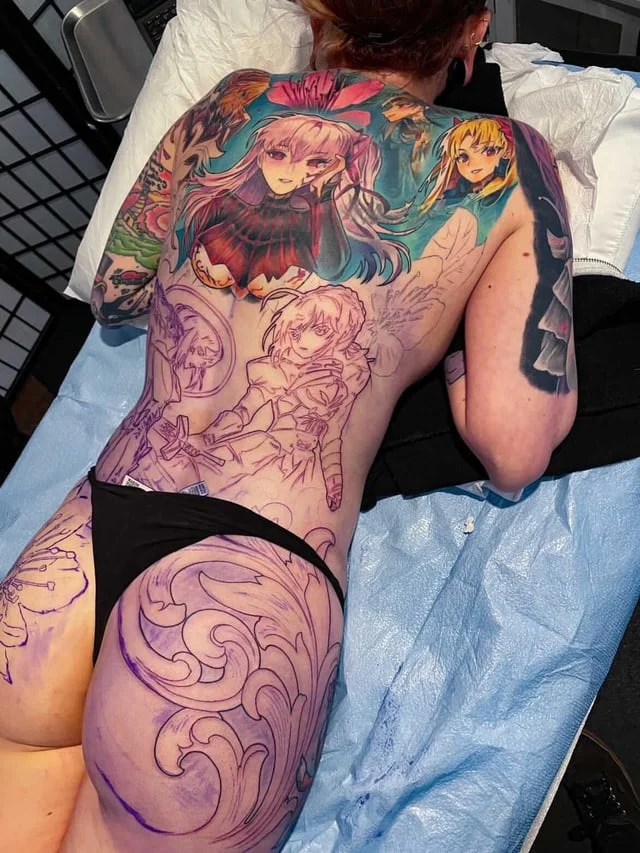
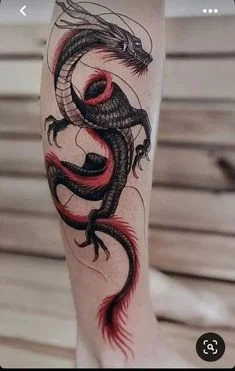
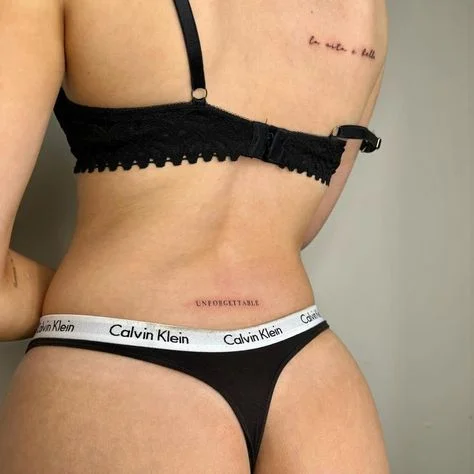
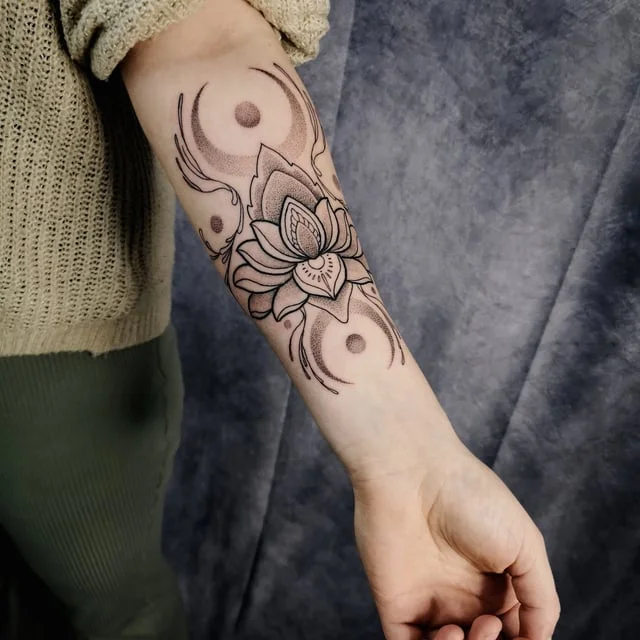
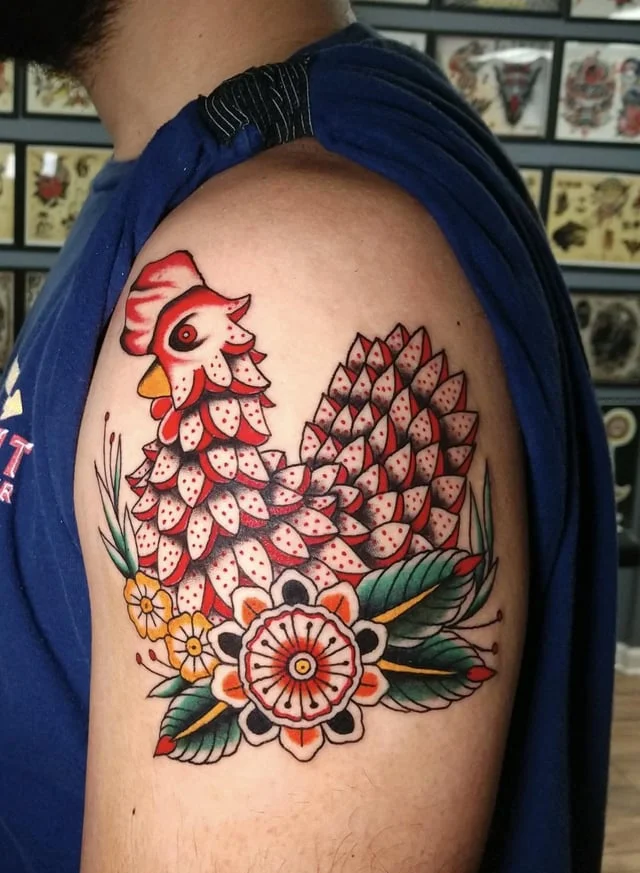
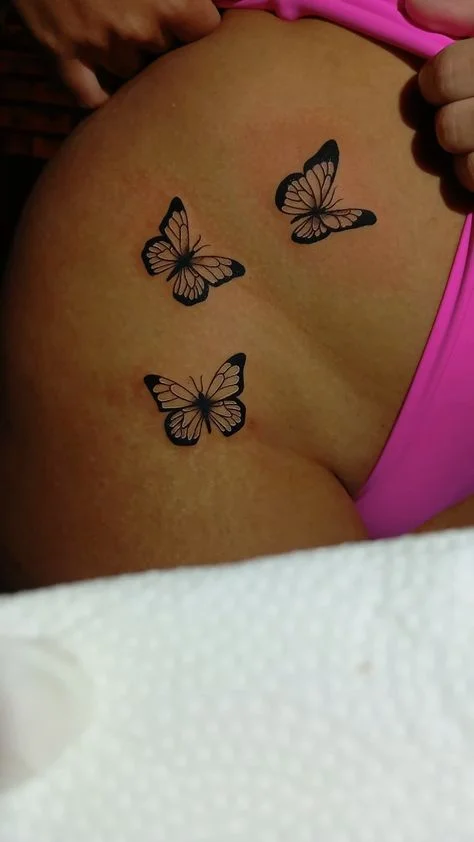
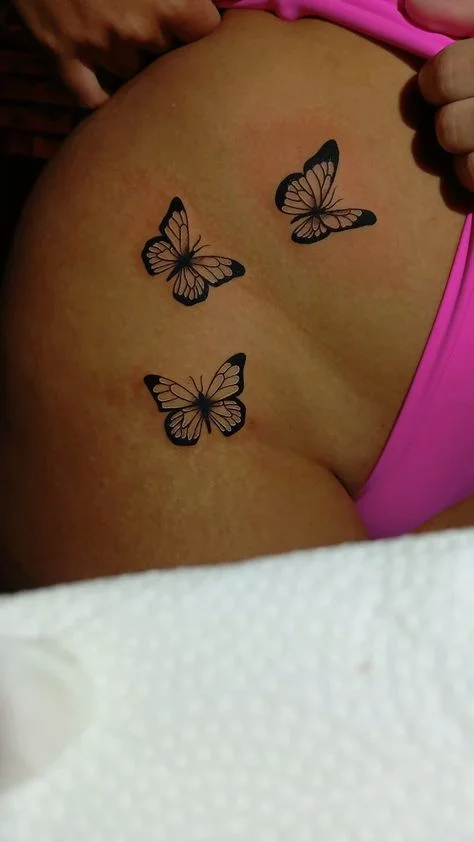

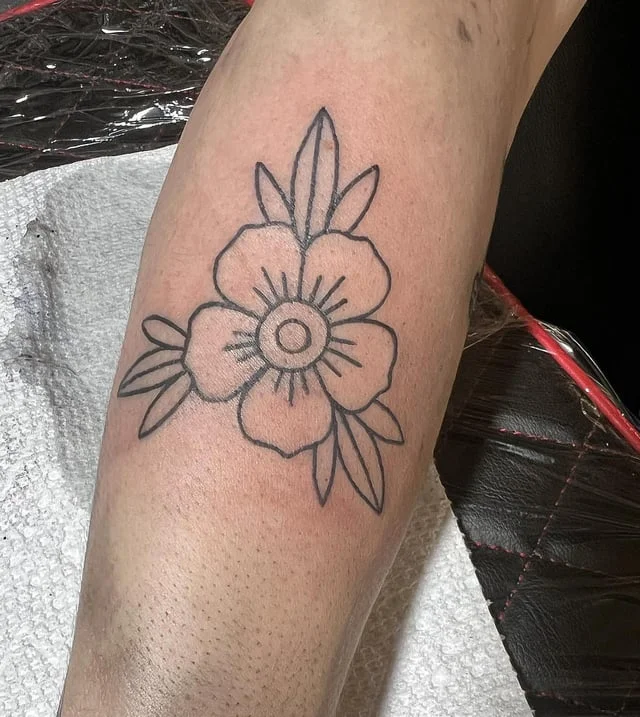
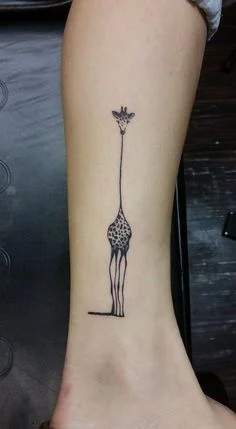
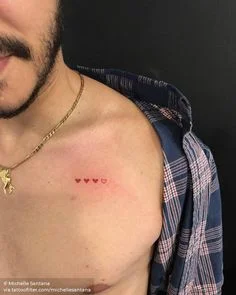

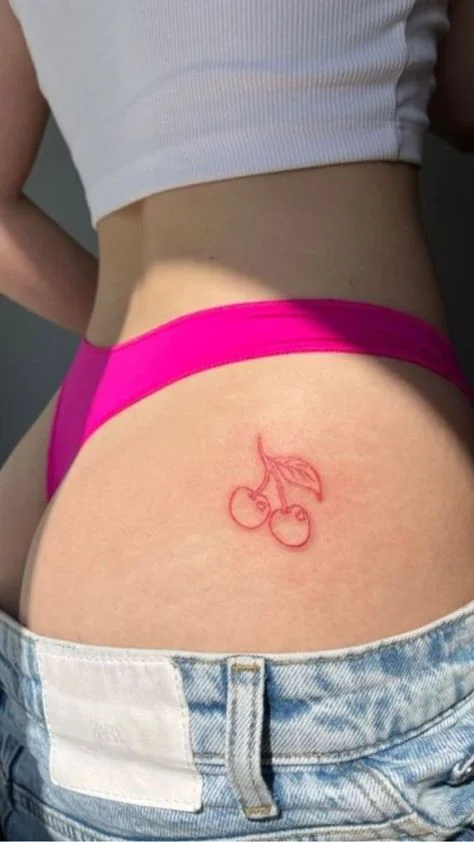
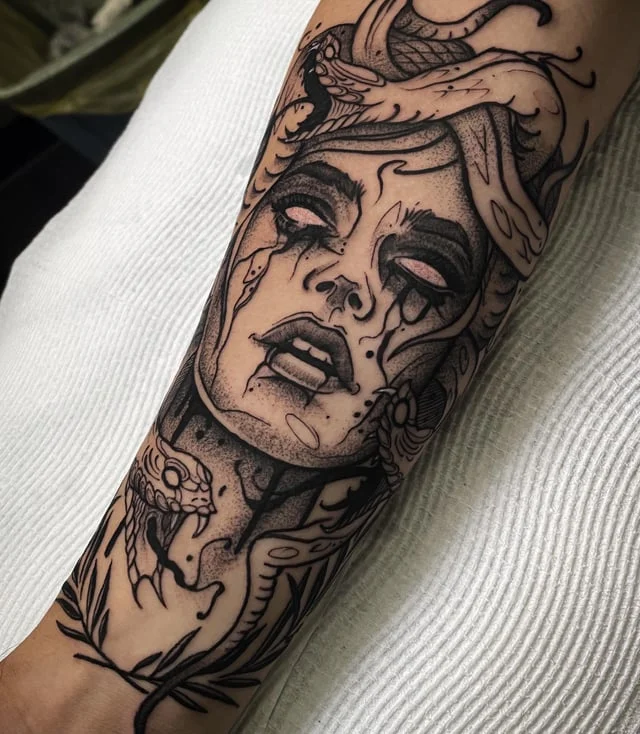
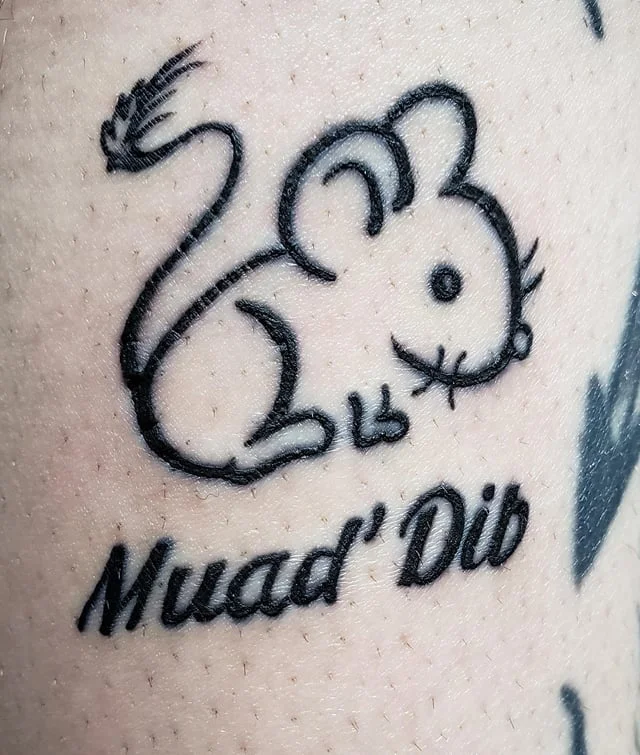

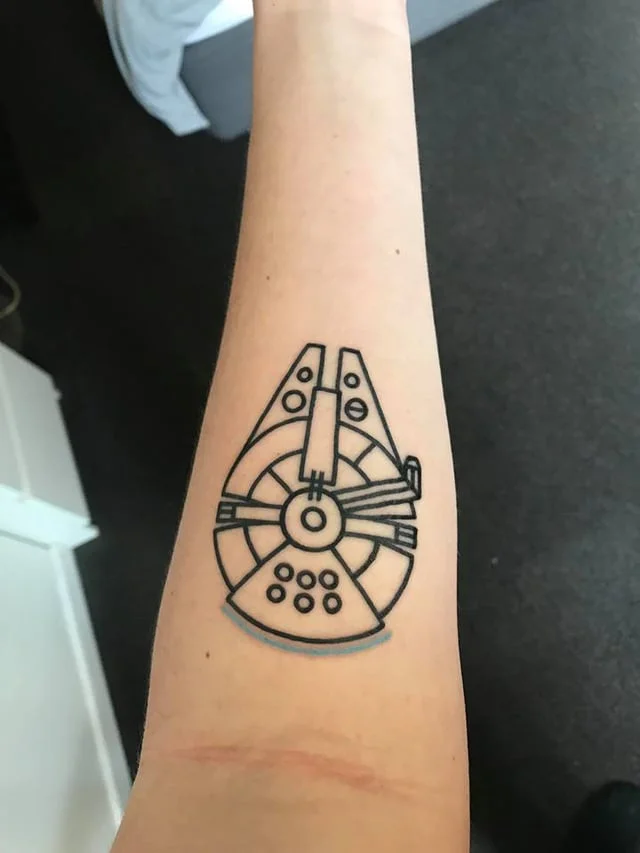
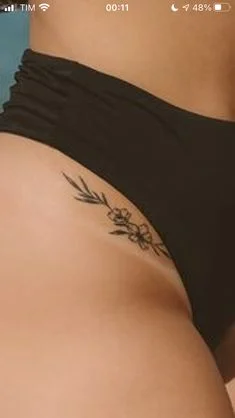
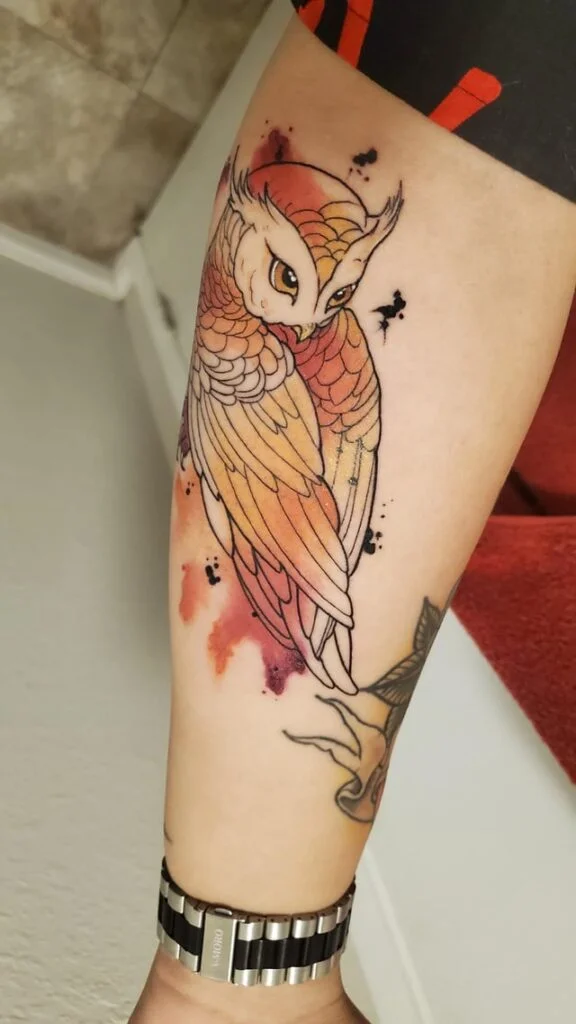
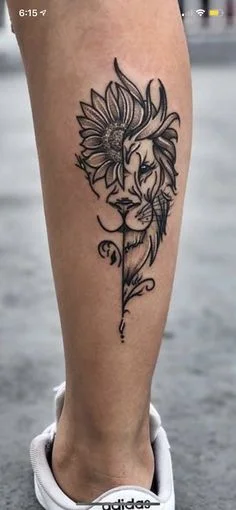


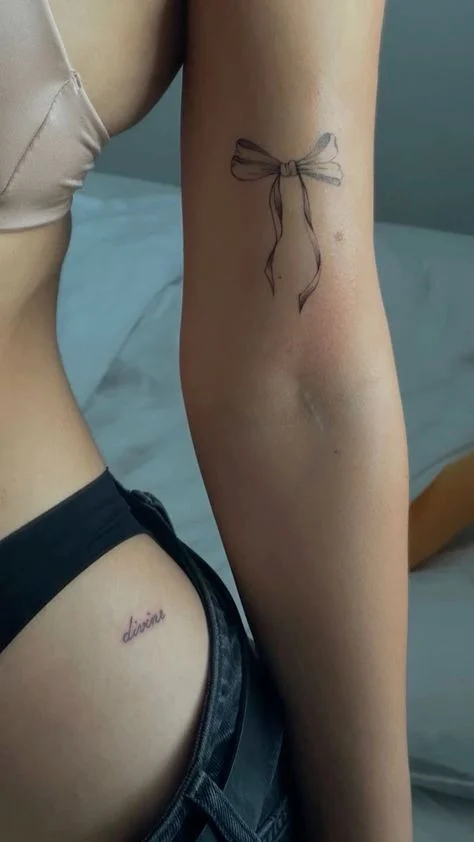
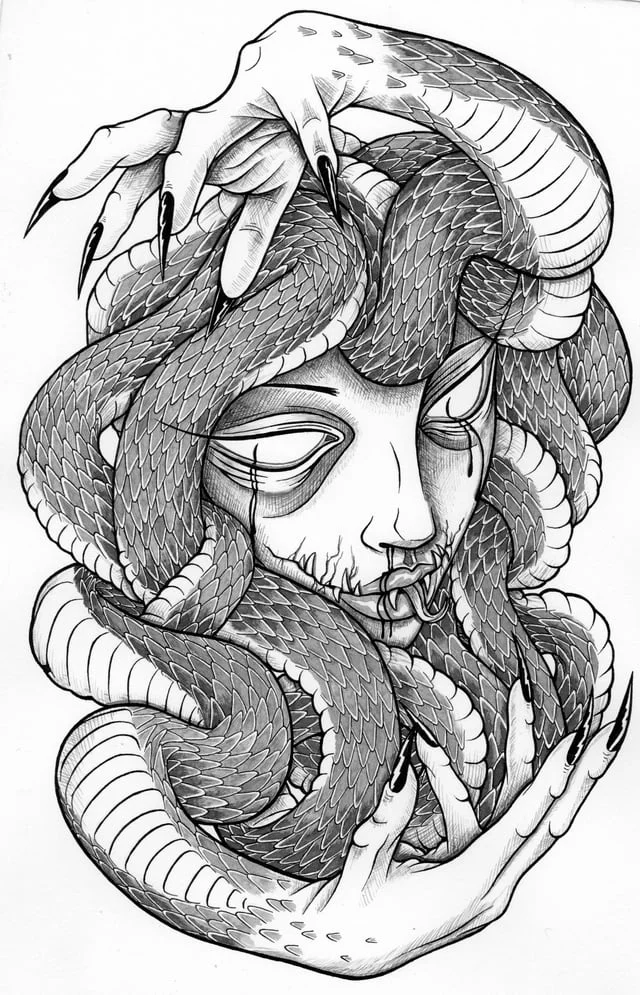
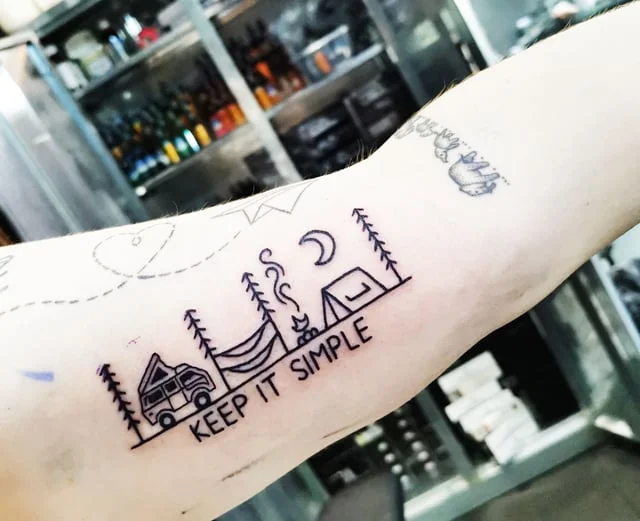
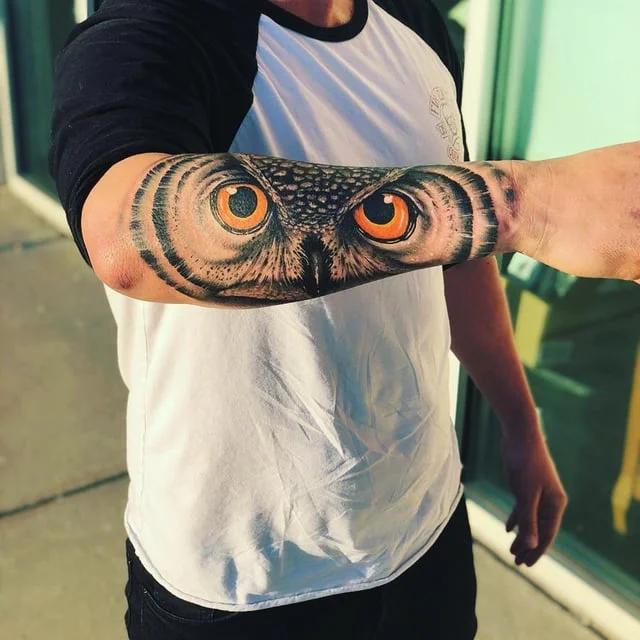
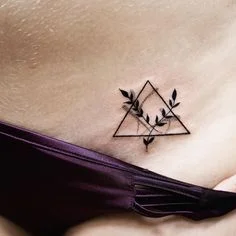
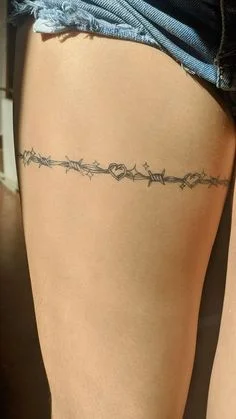
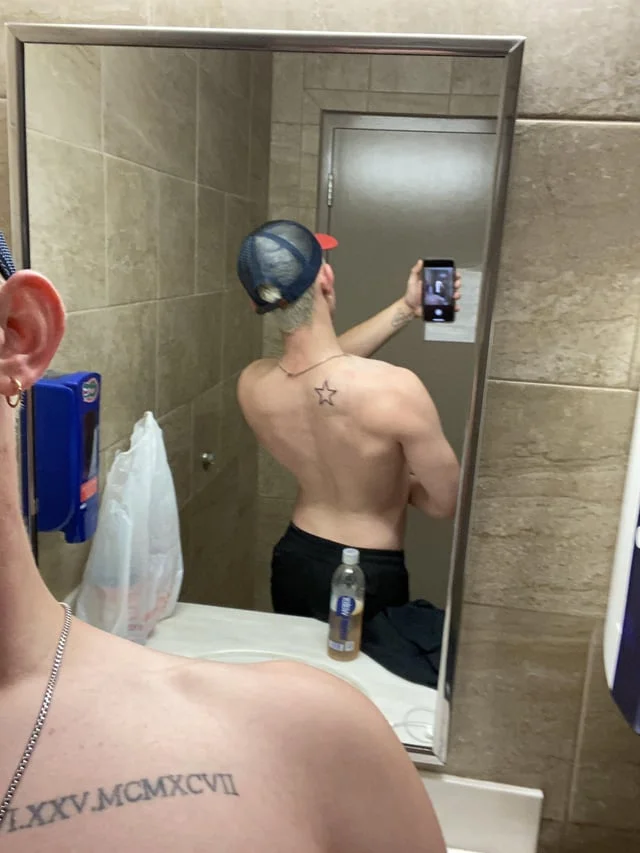
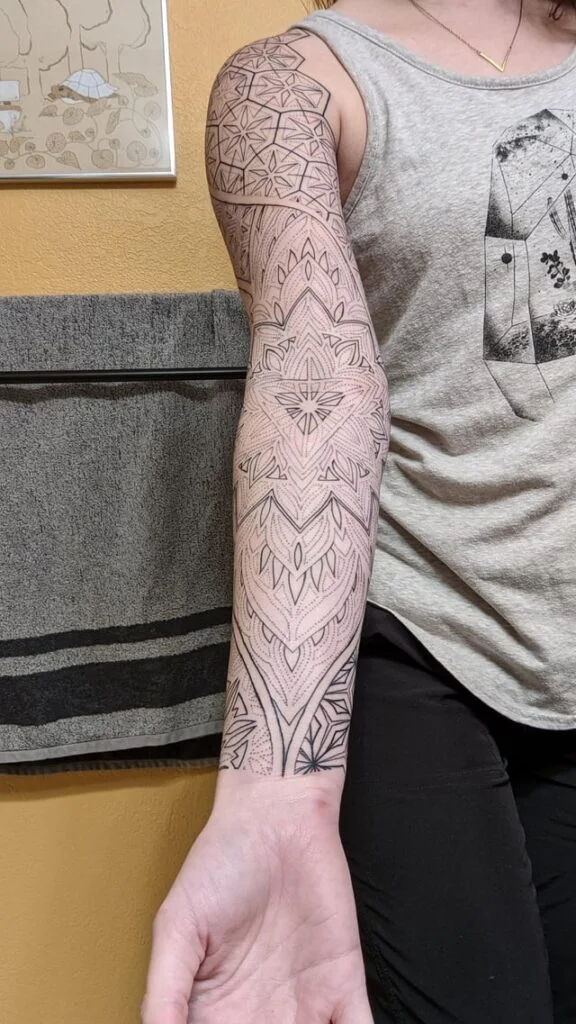
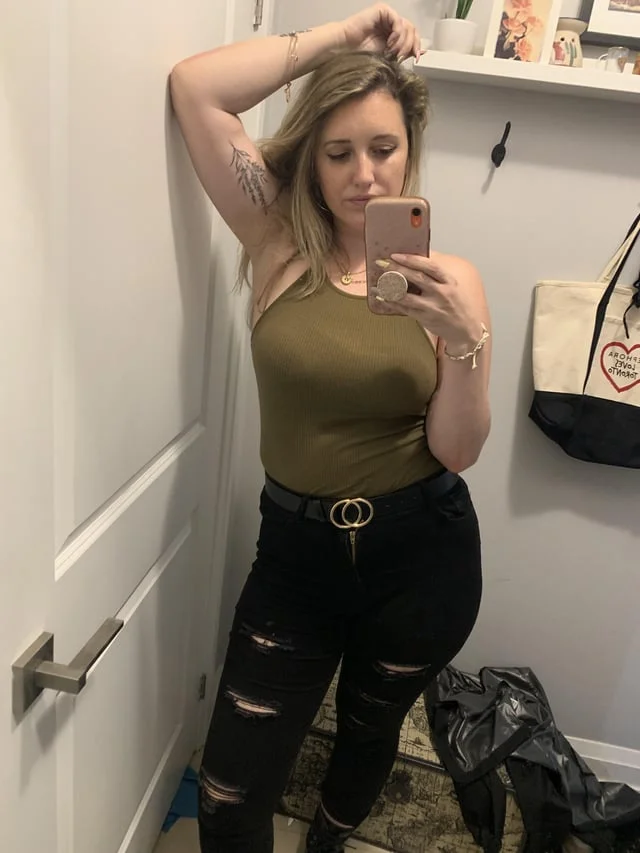
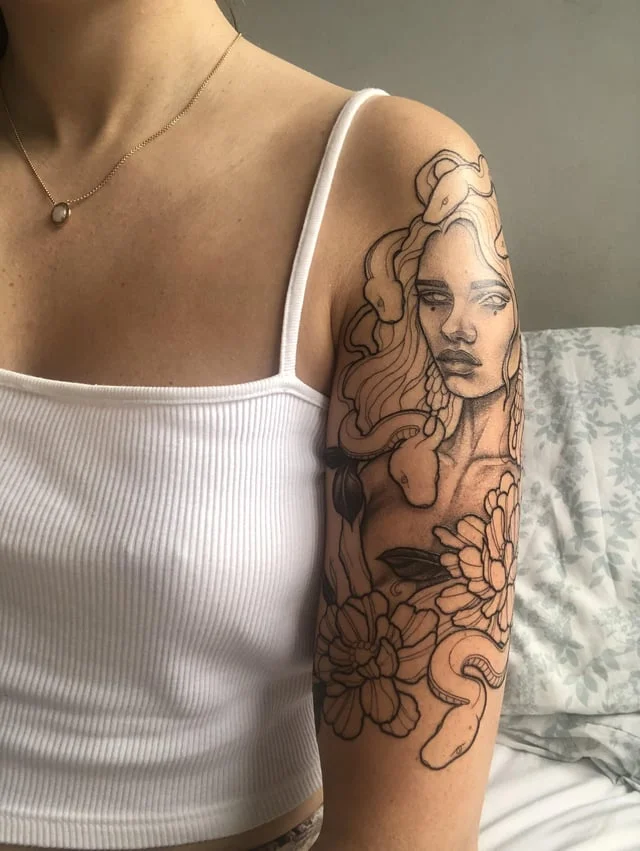
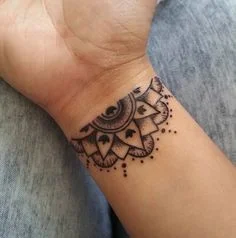
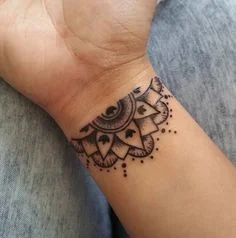
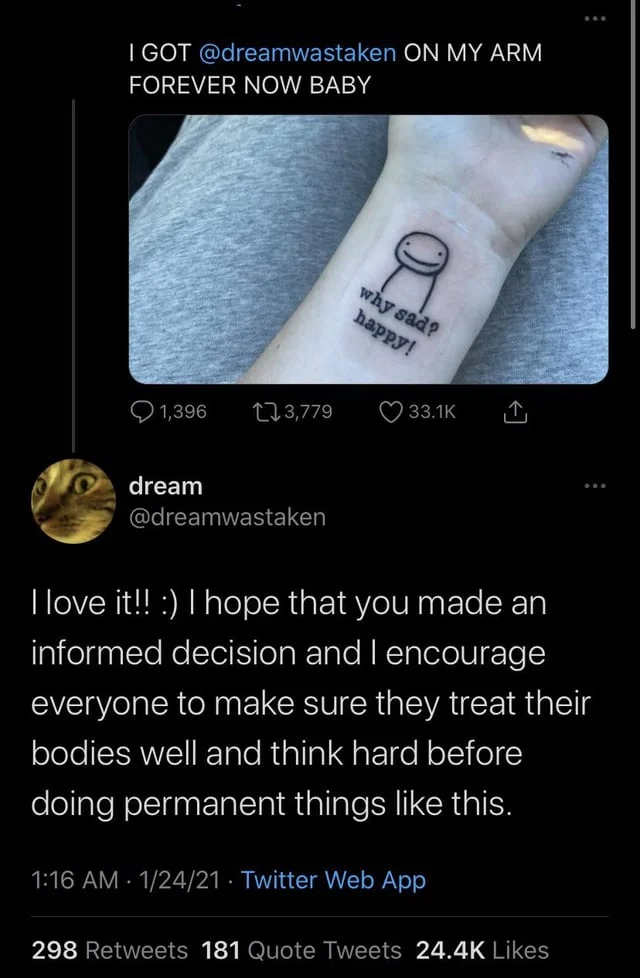
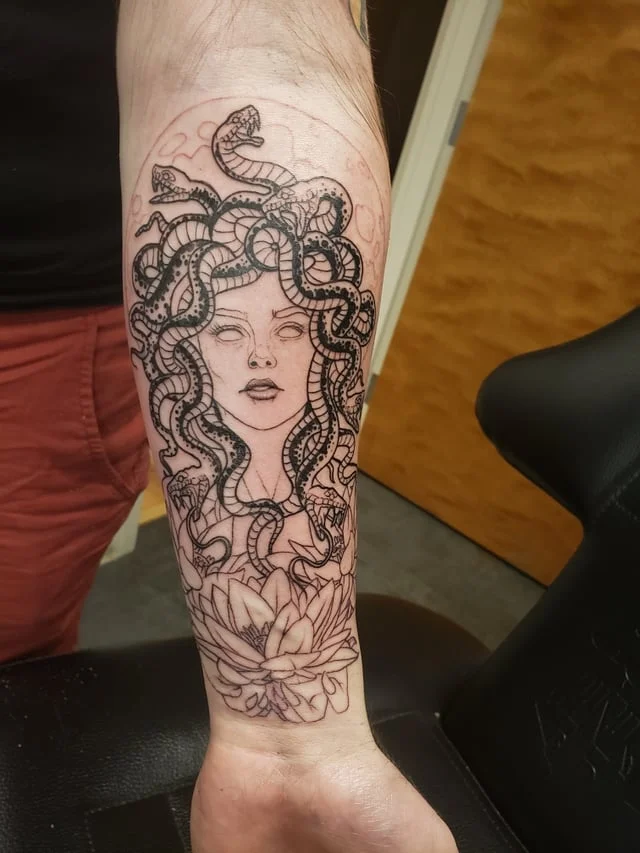
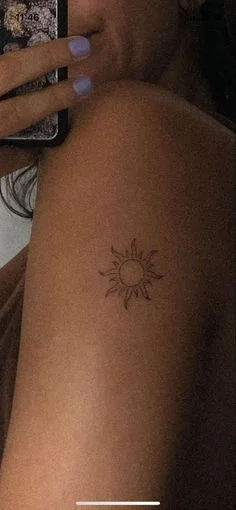
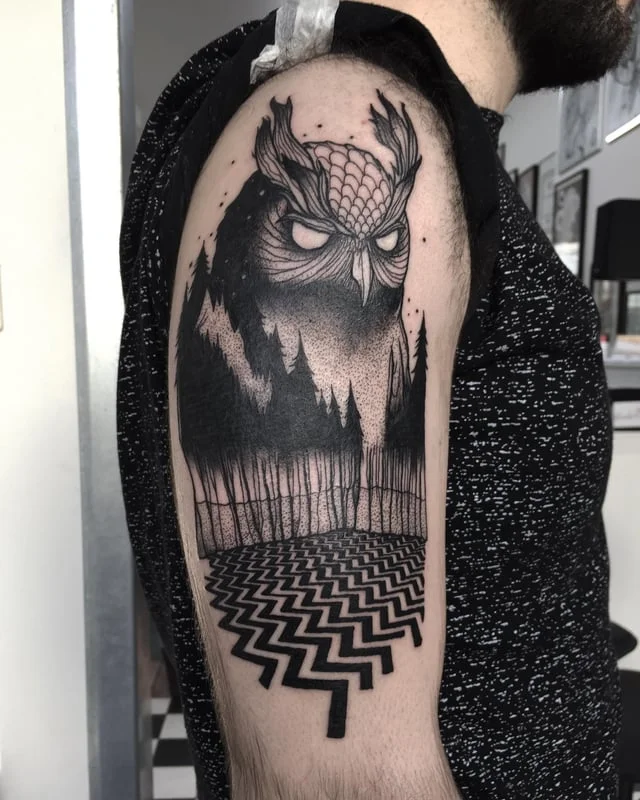
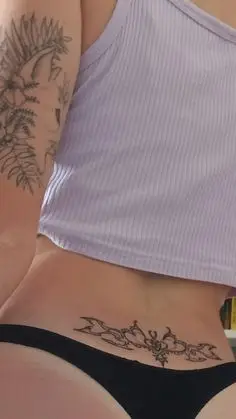
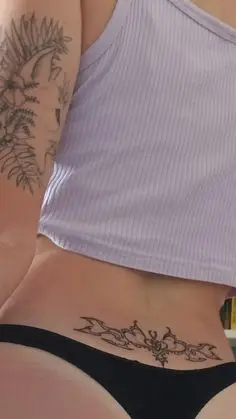

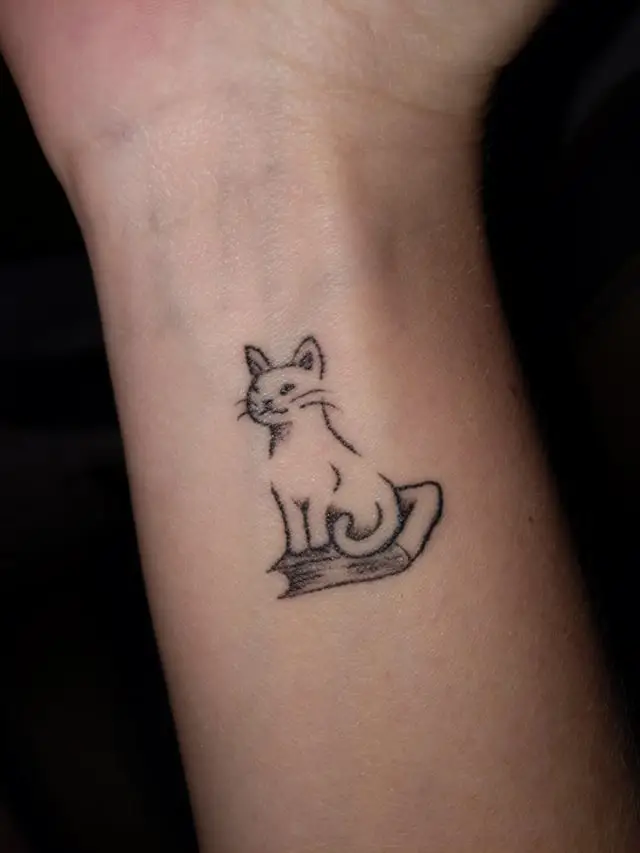
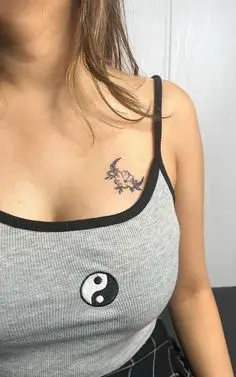
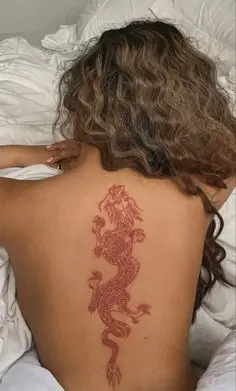
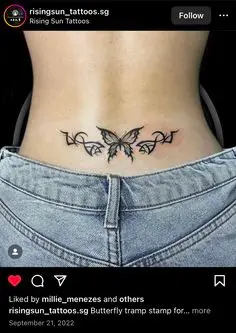
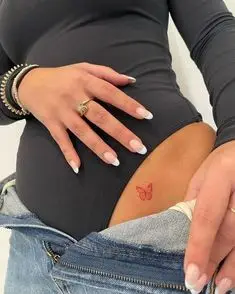
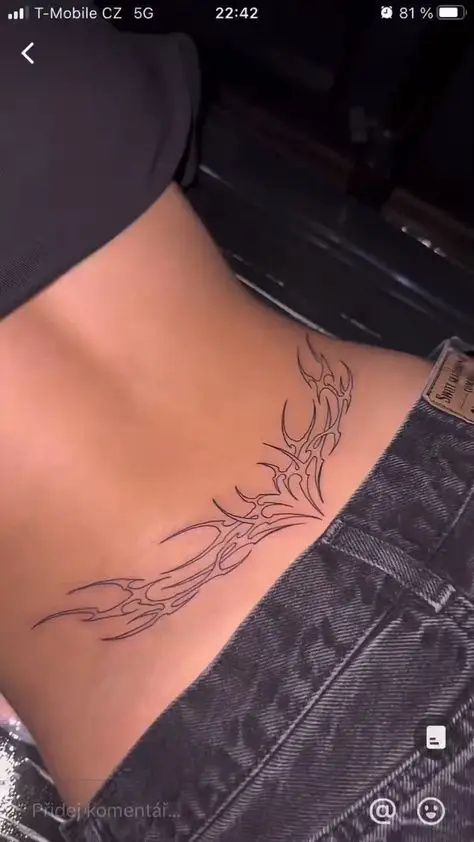
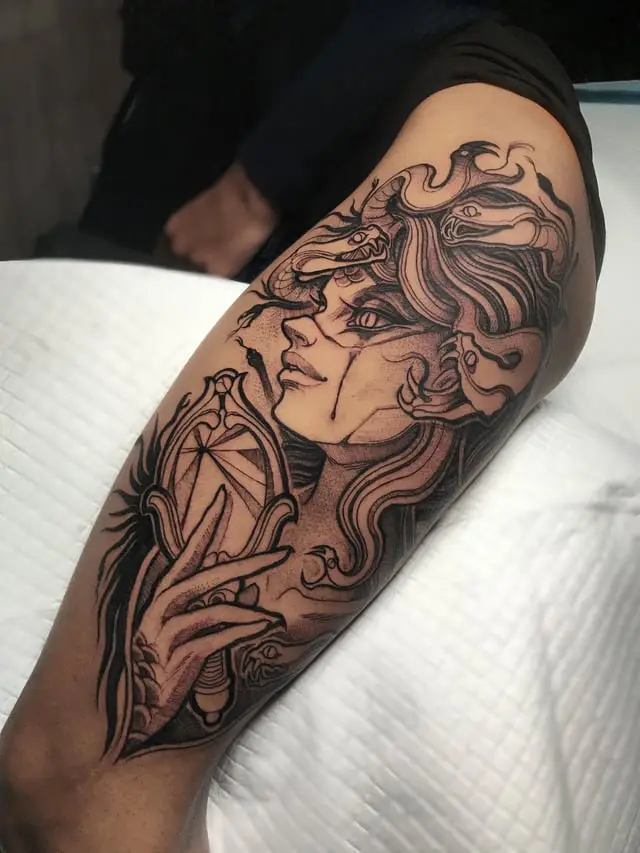
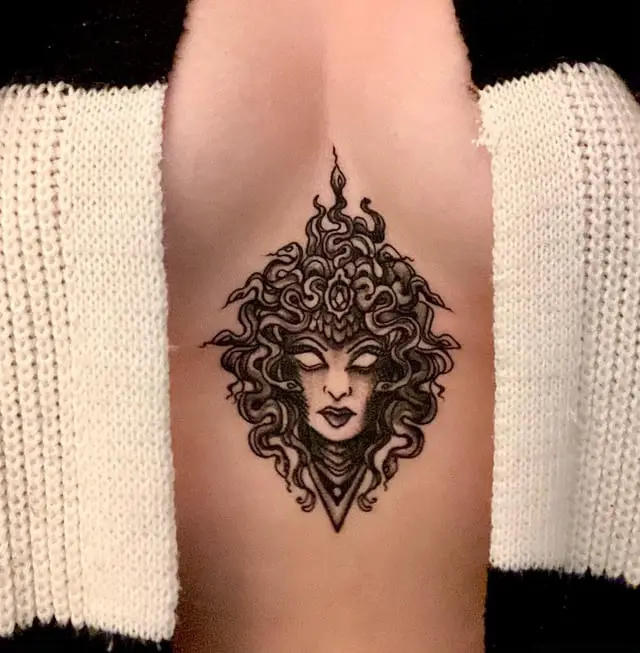
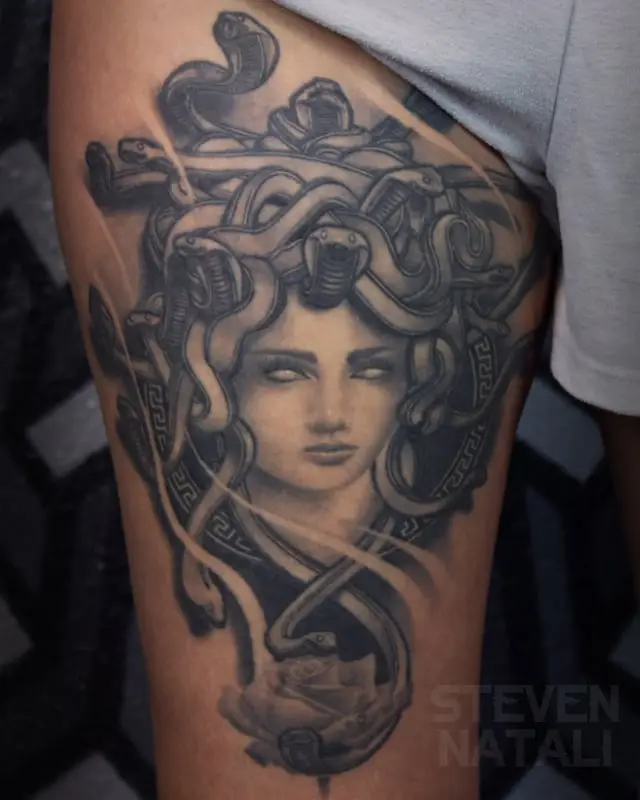
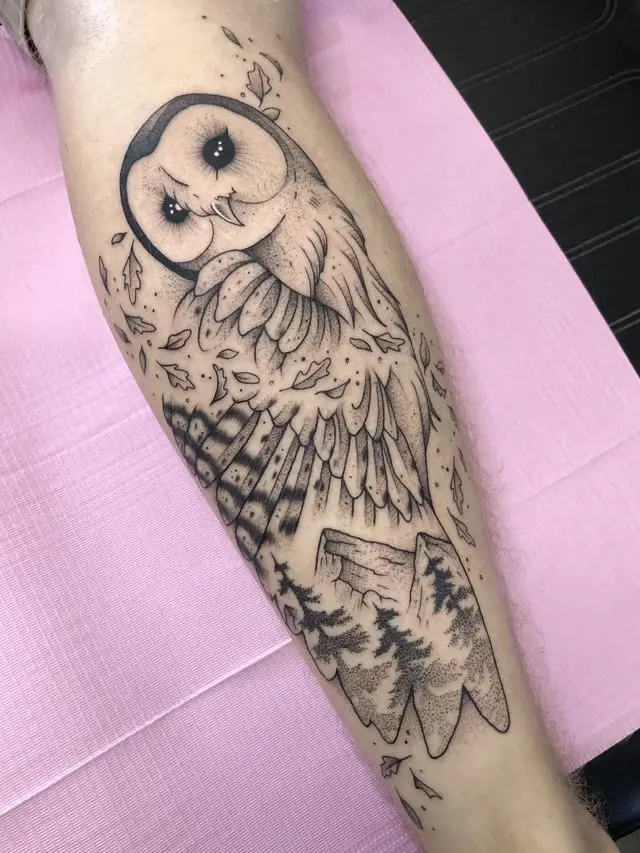

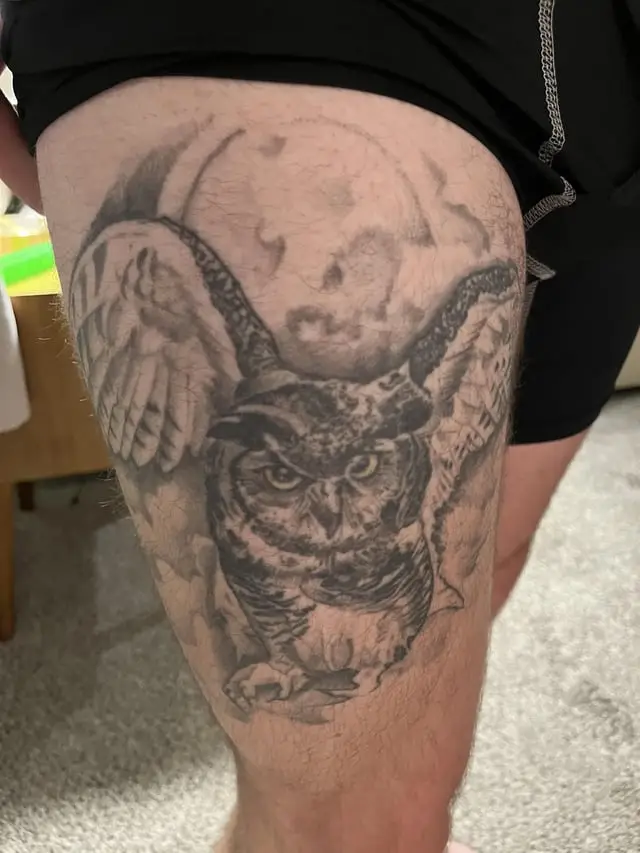
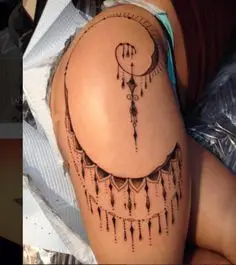
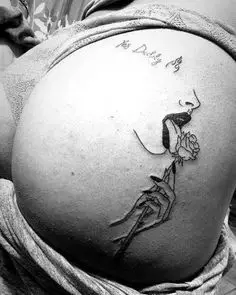

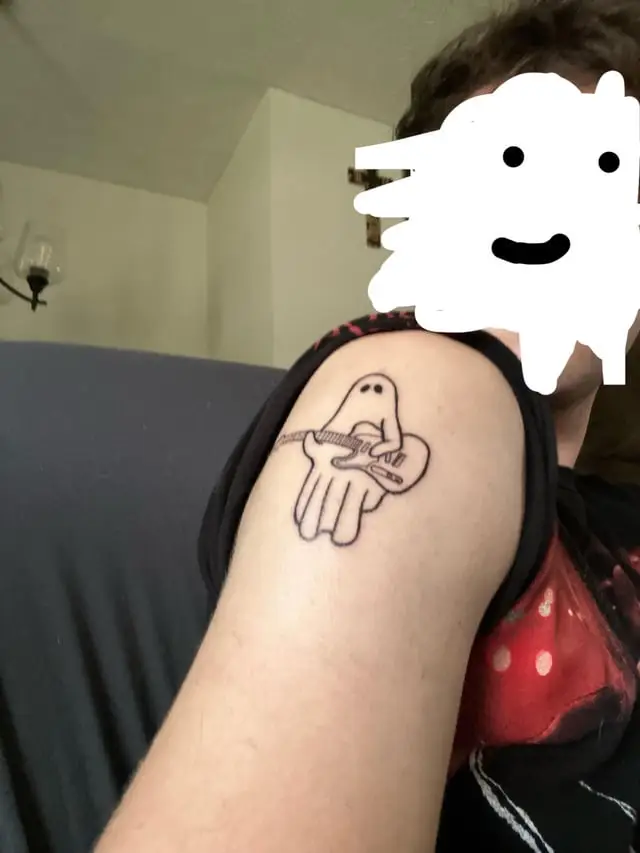
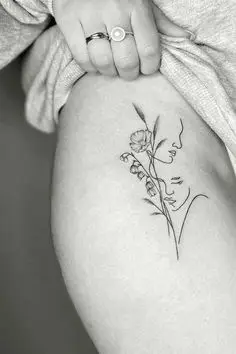
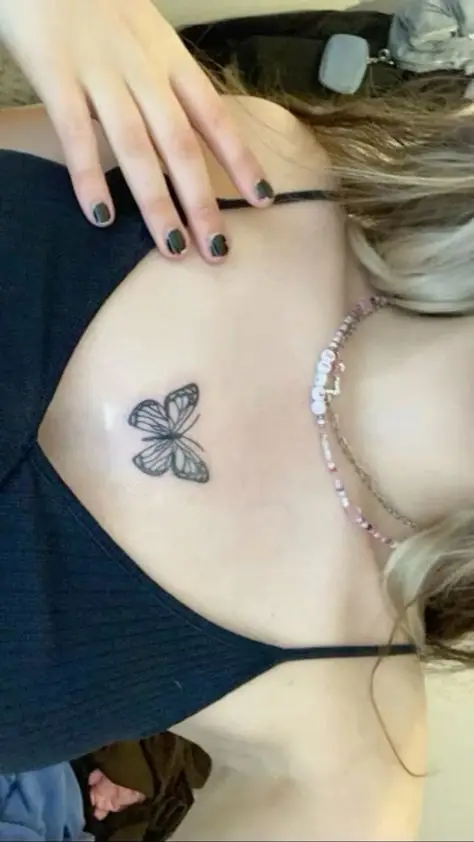


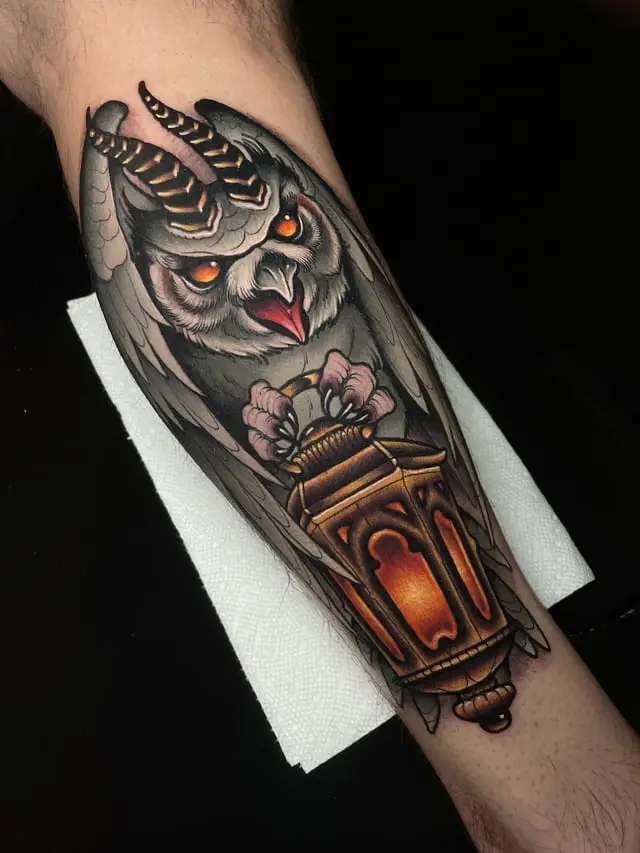
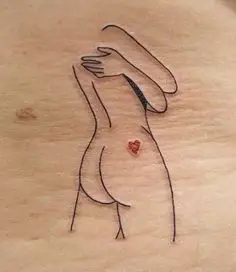
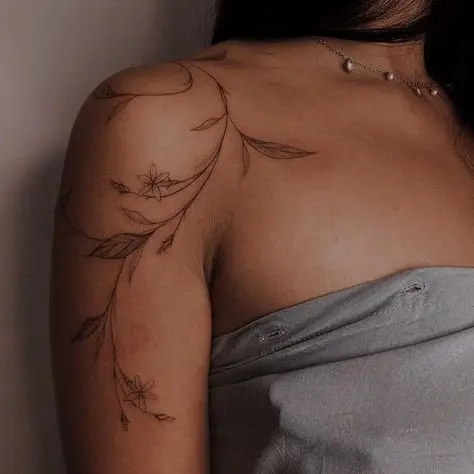

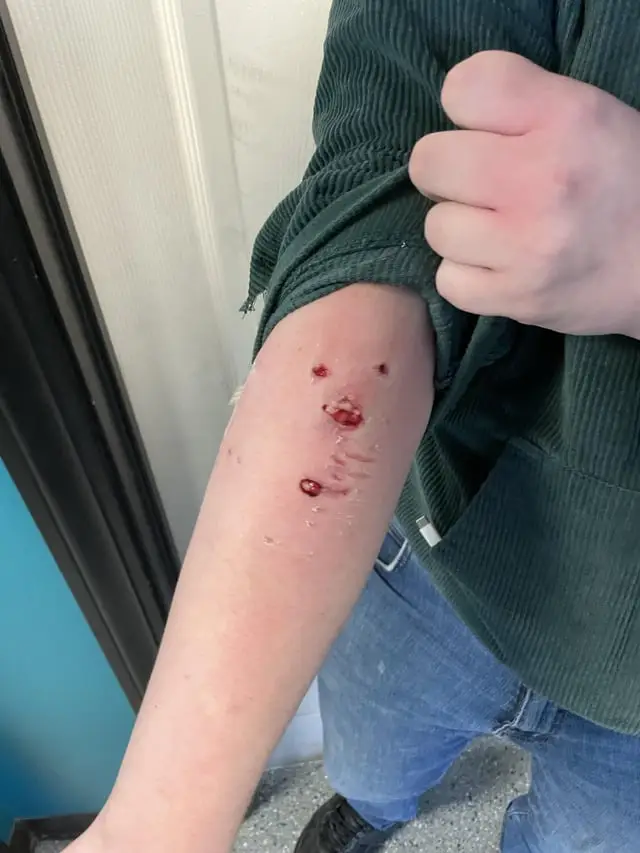
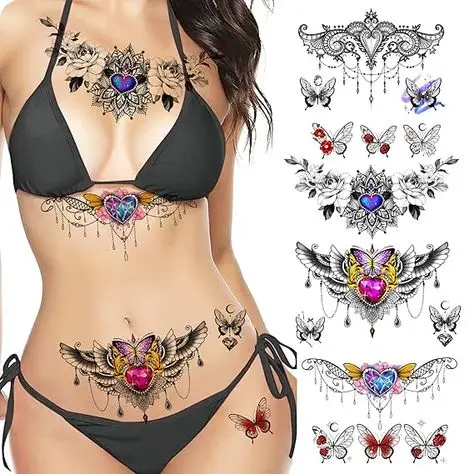

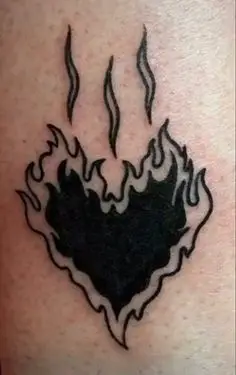

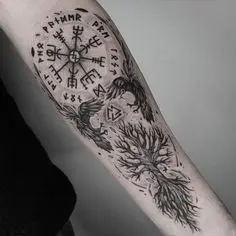

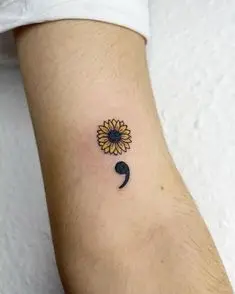
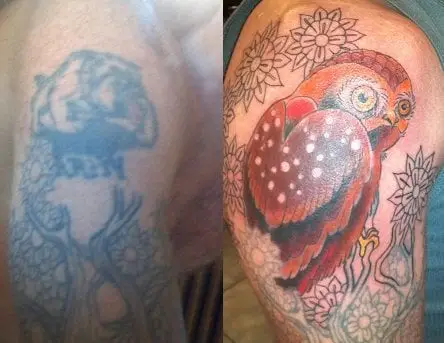
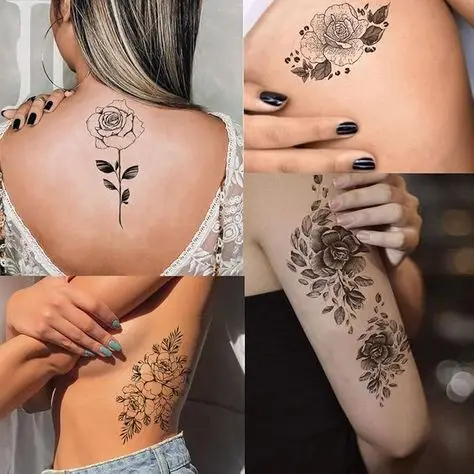
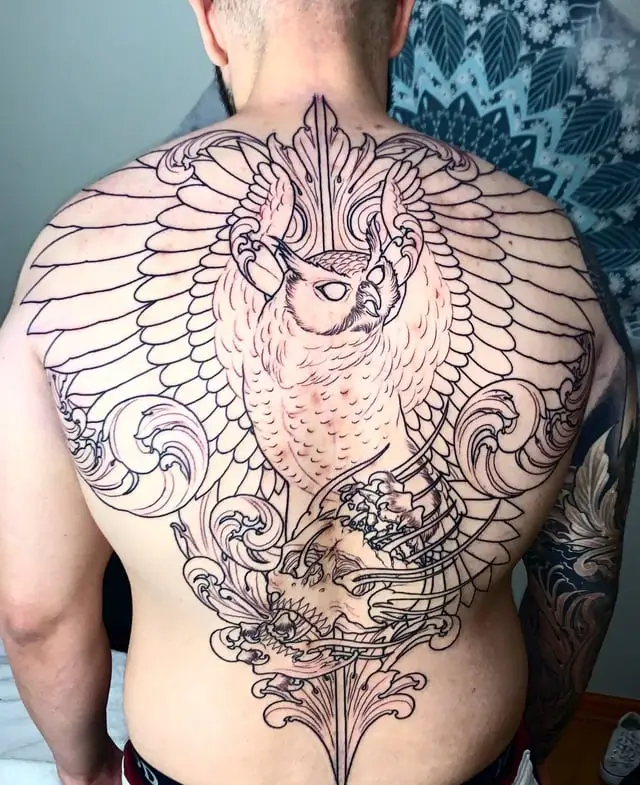
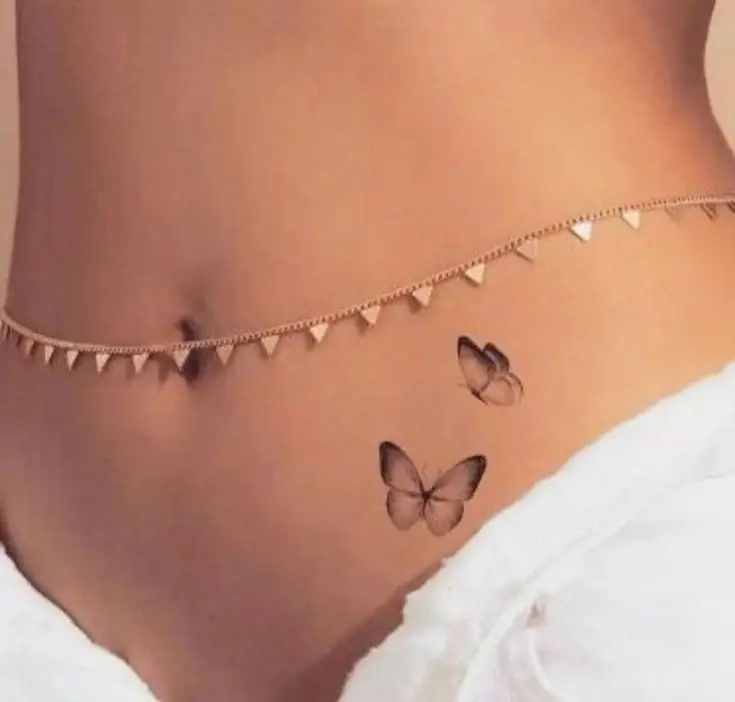
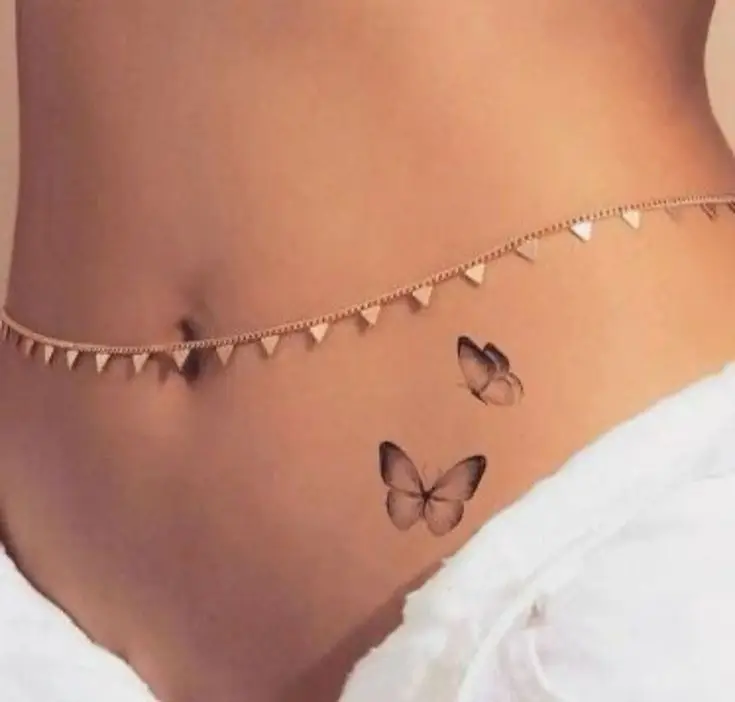
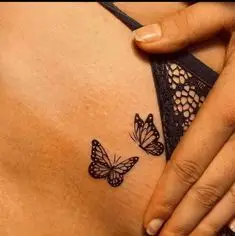
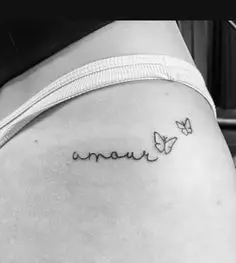
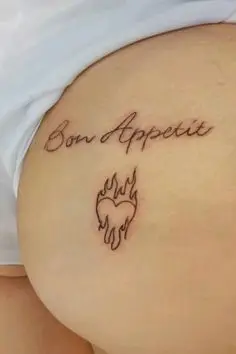

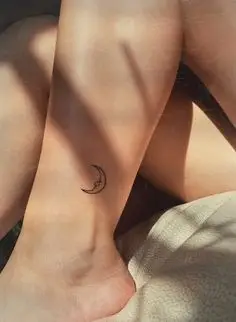
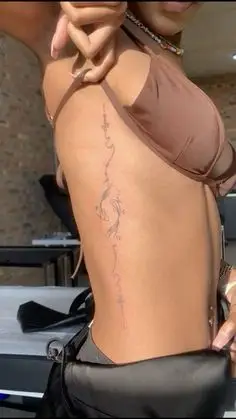
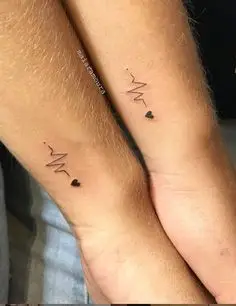
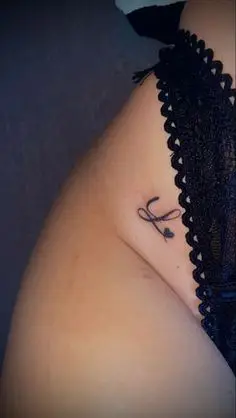
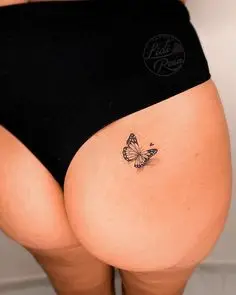
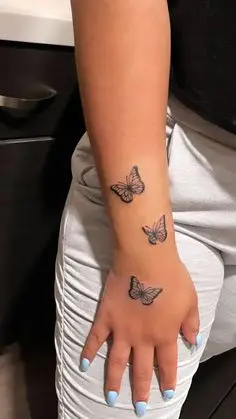
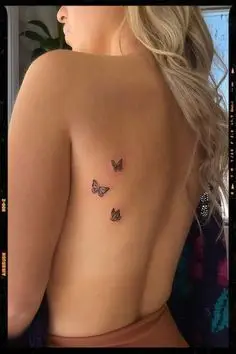
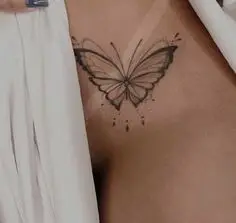
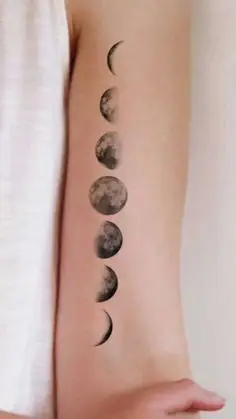
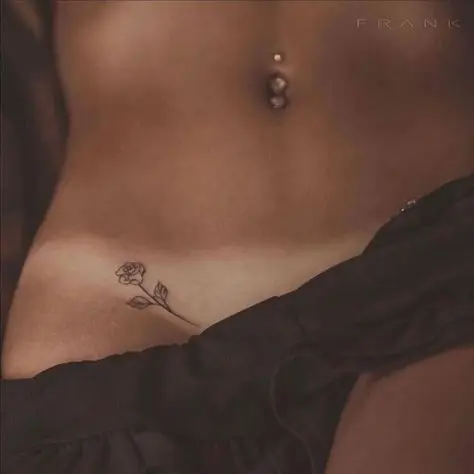

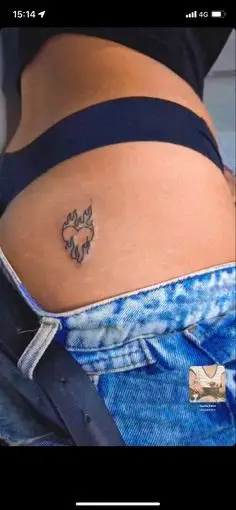
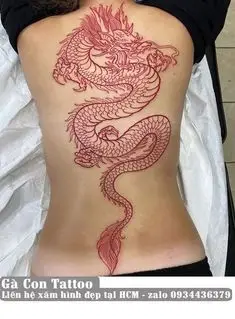
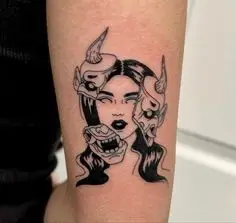

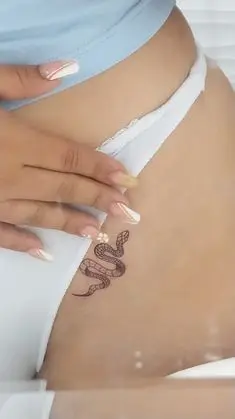
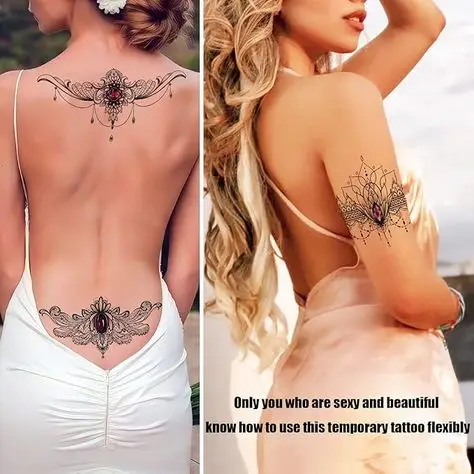
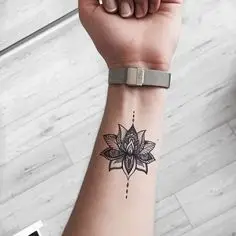
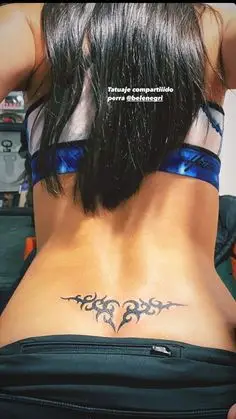
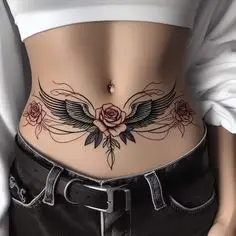
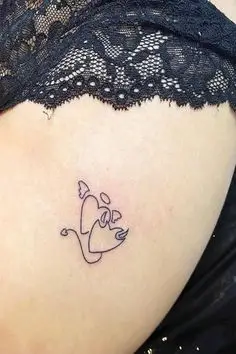
Choosing the right tattoo can be an exciting but overwhelming experience. Your tattoo is something you will carry for a lifetime, so it’s important to make the right choice. In this guide, we’ll explore how to pick a tattoo that best represents you, fits your style, and holds meaning.
Understanding the Importance of a Tattoo
Tattoos are more than just body art; they hold personal meaning and can represent different parts of your identity, beliefs, or experiences. Before getting a tattoo, it’s crucial to understand why you want it and what it signifies. Think about whether it’s a spontaneous decision or something you’ve carefully considered.
A tattoo can serve as a reminder of an important moment, a tribute to a loved one, or even a symbol of personal strength. Understanding the reason behind getting a tattoo helps ensure that you will appreciate and value it for years to come.
Consider Your Personal Style
Your personal style plays a huge role in selecting the right tattoo. If you prefer a minimalist aesthetic, small, simple designs may be the best fit. On the other hand, if you love bold, dramatic looks, larger, more intricate tattoos might be better suited to you. Ask yourself:
- Do I prefer black and white tattoos or colorful designs?
- Am I drawn to traditional or modern tattoo styles?
- Do I want a small tattoo or a full sleeve?
By considering your personal style, you can choose a tattoo that complements your overall look and makes you feel confident.
Researching Different Tattoo Styles
There are countless tattoo styles to explore, and knowing the differences can help guide your decision. Some of the most popular tattoo styles include:
- Traditional: Known for bold lines, vibrant colors, and classic designs such as anchors, roses, and swallows.
- Realism: These tattoos mimic photographs and bring lifelike images to your skin, perfect for portraits and nature scenes.
- Watercolor: Soft and artistic, these tattoos mimic the flow and blend of watercolor paints, creating a dreamy effect.
- Minimalism: Simple, clean, and understated, this style focuses on small, delicate designs with fine lines.
Explore different styles and pick the one that resonates with you. Remember, the style you choose should feel right to you and reflect your personality.
Finding Meaning in Your Tattoo
A meaningful tattoo is often one that holds personal significance. It might represent a cherished memory, a life lesson, or a person who has had a strong impact on your life. Think about the following questions:
- Does the design have a special meaning?
- Is there a story behind it?
- Will it serve as a reminder of something important to me?
Choosing a meaningful tattoo ensures that it will hold sentimental value over time, making it more than just a piece of art on your skin.
Placement of the Tattoo
Where you place your tattoo is just as important as the design itself. The location can affect the visibility and the overall aesthetic of the tattoo. Some things to consider when choosing the placement:
- Visibility: Do you want your tattoo to be visible to others, or would you prefer to keep it more private? For example, a tattoo on your wrist or forearm will be visible, while one on your back or thigh can be easily covered.
- Size: Larger designs may need more space, such as the back, chest, or arms, while smaller designs can fit on the ankle, wrist, or behind the ear.
- Pain Tolerance: Different areas of the body have varying levels of pain sensitivity. Bony areas like the ribs or ankles tend to be more painful, while areas with more muscle, like the upper arm, are generally less painful.
Think about how the placement of your tattoo will align with your lifestyle and how comfortable you are with others seeing it.
Considering the Artist
The tattoo artist you choose can make or break the final result. Not all artists specialize in every style, so it’s essential to find one whose work aligns with your vision. Here’s how you can choose the right artist:
- Look at portfolios: Many tattoo artists display their work online or in their studios. Pay attention to the quality, style, and detail of their tattoos.
- Read reviews: Check what past clients have said about their experience. A good artist will have positive feedback and recommendations.
- Consult with the artist: Talk to the artist about your ideas. A professional will offer suggestions and help refine your design to make it work best on your body.
Taking the time to find a skilled artist ensures that your tattoo will look amazing and last for years to come.
Budgeting for Your Tattoo
Tattoo costs can vary widely based on size, detail, and the artist’s experience. While it’s tempting to go for the cheapest option, remember that quality should always come first. A tattoo is a permanent investment, so it’s worth paying for a skilled artist.
Here are some things to consider:
- Smaller tattoos generally cost less, but intricate details or custom designs can increase the price.
- Larger tattoos like sleeves or back pieces will naturally be more expensive due to the time and effort required.
- Touch-ups: Some tattoos may need touch-ups over time to keep them looking fresh, so factor that into your budget as well.
Don’t compromise on quality for a lower price. It’s better to save up and get the tattoo you want rather than regret a poorly done design later.
Preparing for Your Tattoo Appointment
Once you’ve decided on the design, style, and artist, it’s time to prepare for the tattoo appointment. Here are a few tips to make the process smoother:
- Stay hydrated: Drink plenty of water before your appointment to keep your skin hydrated and healthy.
- Eat a meal: Make sure to eat a meal beforehand so you have enough energy, especially if your tattoo session will be long.
- Wear comfortable clothing: Choose clothes that give easy access to the area where you’ll get the tattoo.
- Relax: Trust the artist and the process. Staying calm will make the experience more enjoyable.
Aftercare for Your Tattoo
Taking care of your tattoo after the session is crucial to ensure proper healing and to prevent infections. Your artist will give you aftercare instructions, but here are some general tips:
- Keep it clean: Gently wash the tattoo with mild soap and water.
- Moisturize: Apply a tattoo-safe lotion to keep the skin hydrated and promote healing.
- Avoid sun exposure: Keep the tattoo out of direct sunlight, as UV rays can fade the ink.
- Don’t pick at it: As the tattoo heals, it may scab or peel. Avoid picking at it to prevent scarring.
Proper aftercare ensures that your tattoo heals well and looks vibrant for years to come.
Conclusion
Choosing the right tattoo involves careful thought and planning. From understanding your personal style to selecting the perfect design, placement, and artist, each decision shapes the outcome of your tattoo experience. Make sure the tattoo has meaning, aligns with your aesthetic, and will bring you long-term satisfaction. Remember that a tattoo is a personal statement, and it should reflect who you are and what’s important to you.
FAQs
1. How can I choose a tattoo if I’m unsure of the design? If you’re unsure about the design, take your time. Explore different styles, consult with a tattoo artist, and consider getting a temporary tattoo to test it out before committing.
2. Is it painful to get a tattoo? Tattoo pain varies depending on the placement and your personal tolerance. Areas with more bone or thin skin, like the ribs, are usually more painful than areas with more muscle, such as the upper arm.
3. Can I remove a tattoo if I regret it later? Yes, tattoos can be removed with laser treatment, but the process can be expensive and time-consuming. It’s best to carefully consider your tattoo choice to avoid future regret.
4. Should I avoid getting a tattoo if I have sensitive skin? If you have sensitive skin, consult with the tattoo artist before getting inked. They can recommend hypoallergenic ink and offer aftercare advice to minimize irritation.
5. How do I know if a tattoo artist is professional? A professional tattoo artist will have a portfolio of their work, positive reviews, and a clean, sterile environment. They should also be willing to answer any questions you have about the proces




